This Tuesday, March 22 in Dijon, the deputy Didier Martin guided Roland Lescure to four entrepreneurs from the agri-food sector in the presence of the senator François Patriat.
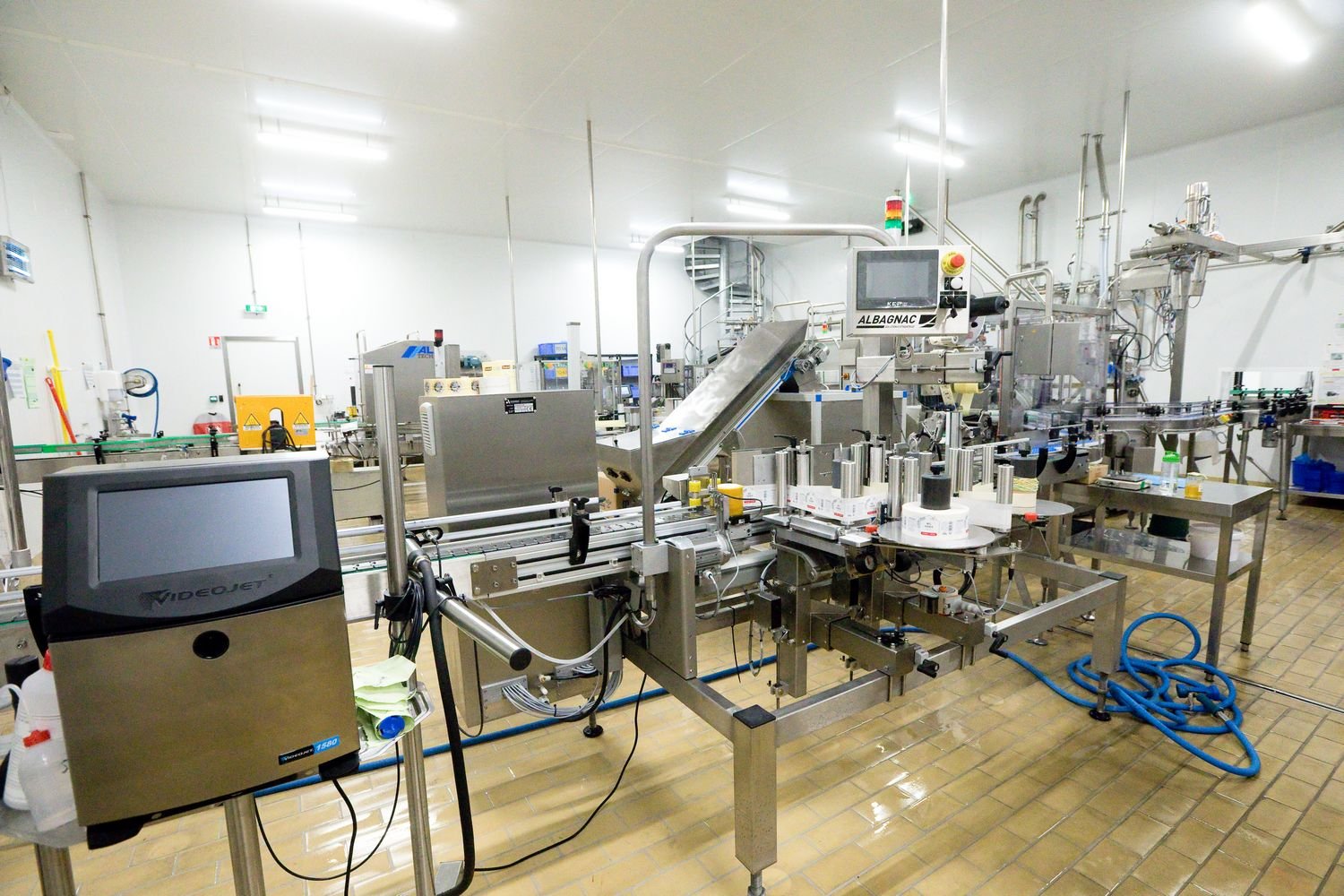 Since the mid-2010s, we no longer say “the wholesale market” of Dijon but “the Agro Market”. The establishment of new agri-food companies has given a new direction to this space around rue de Skopje, on the edge of the North Cape economic activity zone.
Since the mid-2010s, we no longer say “the wholesale market” of Dijon but “the Agro Market”. The establishment of new agri-food companies has given a new direction to this space around rue de Skopje, on the edge of the North Cape economic activity zone.
This Tuesday, March 22, 2022, Didier Martin (LREM), MP for the first constituency of Côte-d’Or, organized for Roland Lescure (LREM) the visit of four companies in the Agro Market with a configuration and density worthy of a ministerial trip.
Member of Parliament and Chairman of the Economic Affairs Committee
A former Strauss-Kahnien who joined En Marche in 2016, Roland Lescure is a deputy for the first constituency of French people living abroad (Canada and the United States) and chairman of the Economic Affairs Committee of the National Assembly. As part of Emmanuel Macron’s campaign, he co-pilots the working group working particularly on the economy.
With this trip “outside the walls” of the Economic Affairs Committee, it was for Roland Lescure to take stock of the legislative and governmental action since 2017 by going to meet entrepreneurs in the company of Didier Martin therefore as well that of François Patriat (LREM), senator of the Côte-d’Or.
Les Salaisons dijonnaises specialize more and more
Director of the Dijon Salaisons and representative of the fifth generation, Arnaud Sabatier welcomes the delegation for its first stop to present this family business known for its marbled ham. Les Salaisons dijonnaises employ 100 people on six sites, produce 1,000 tonnes of parsley ham each year and achieve a turnover of 22 million euros.
The products – which are also dried hams and white hams – are sold in French supermarkets and from wholesalers. “We have specialized the production sites, we have gained in maintaining know-how. Today, being multi-product is impossible, we specialize even more”, underlines the entrepreneur, “we have formalized the processes”.
Les Salaisons dijonnaises benefited from 180,000 euros from France Relance on an investment of 600,000 euros to automate the preparation of meats and cooking. “We were on a technique from the 80s, we went to a technique from the 2020s”, enthuses the manager
“It makes a difference in taste to have runner pork”
Most of the pigs come from Burgundy – or even Morvan through a partnership with ten free-range breeders – as well as from Brittany. “On dry ham, it really brings a taste difference to have runner pork”, specifies Arnaud Sabatier, “the pigs are much bigger, it makes beautiful hams”.
“We are a regional player with national distribution”, sums up Arnaud Sabatier, whose objective is to obtain a protected geographical indication (PGI) Burgundy while having to deal with the reduction of nitrite salts – “we are at a minimum” – and plastic packaging.
During the exchanges, Arnaud Sabatier suggests to the economist to think about the exemption from corporation tax of the sums paid into the equity of a family business: “it is the strength of businesses”.
“Increase the France brand for export”
Roland Lescure indicates that he is working on the levers to “increase the France brand for export” by taking the example of the structuring of Comté producers in the sector. François Patriat recalling having signed the “Comté decree” in 2002 when he was Minister of Agriculture.
Arnaud Sabatier replies about parsley ham that “every country has its own food specificities, it is difficult to export; we have a gastronomic image more than French products. (…) It is one of the smallest charcuterie markets”. “It’s one of my favorite products,” says Roland Lescure, who gets his supplies from a market in Paris.
The succes story Vitalfa sprouted seeds
Founded in 1986 by Françoise Flamand, Vitalfa today produces plant shoots and sprouted seeds on 1,500 m² for wholesalers and restaurants. In Dijon more particularly, Vitalfa trays can be found at the Eau Vive specialty grocery store, at Monoprix or even at Grand Frais.
The principle is to enhance the color and taste of salads with sprouts or sprouts of nasturtium, cabbage, beets, leeks, lentils, mung beans or even leeks. For this, seeds, robots, water and electricity. “It’s a natural product,” François Flamand tells his visitors, pointing out that part of the production is done organically.
The company produces 10,000 punnets per day, employs 15 people and achieves nearly 3 million euros in annual turnover.
“It’s hard work and passion”
Starting from almost nothing, at a time when plant products were not as in demand as they are today, Françoise Flamand herself designed the first machines to germinate seeds. During the visit, Roland Lescure greets a “visionary” entrepreneur. “It’s work and passion,” abounds François Patriat.
“It’s the love of the product”, reacts with modesty Françoise Flamand who prefers to highlight “the nutritional value” of sprouted seeds – “live product to the end” – claiming to be part of agriculture.
Apidis is already cramped in its new honey house
The visit continues on foot, at a brisk pace, towards the new Apidis honey house of 12,000 m², built in 2018 and inaugurated on October 12 (read our article). The delegation is welcomed by General Manager Thomas Decombard, who represents the fifth generation of the family business founded in 1980.
Through different brands, Apidis sells 5,000 tonnes of honey produced by around a hundred French beekeepers while maintaining its own 4,500 hives. Specialized in single-floral and single-origin honeys, the company achieved a turnover of 19 million euros in 2021 – including 25% for export (Kuwait, Japan, Malaysia…) – with a target of 30 million euros by 2030. The Dijon site employs 48 people.
Apidis received a grant from France Relance of 90,000 euros on an investment of 350,000 euros to acquire a packaging robot. “Superb installation”, launches Roland Lescure by discovering premises which are already proving too narrow.
The challenge of traceability
In a context of competition from Chinese “honey”, the battle for European Union/non-European Union traceability, won by legislative means in May 2020 for an obligation on January 1, 2021, is waiting to be concretized by administrative means since the implementing decrees have not yet been published.
The company performs in-house pollen analysis of honey supplied by beekeepers to verify its origin and quality. Added to this are the external controls of the veterinary services.
“Are you checked a lot?” asks François Patriat, a former veterinarian by profession. “It doesn’t stop!” blows Thomas Decombard.
The Caves Carrière and their 4,000 wine references
Former professional footballer Éric Carrière converted to the world of wine by creating an eponymous e-commerce wine company in 2016, whose warehouse, but also the physical store, the terrace and the tasting room, is established within the agro market.
“We chose the agro market because we needed space,” says Éric Carrière, presenting the activity, “as a priority, storage space”. “The vision we have is the quality of the stock and the possibility of offering our customers different wines from older vintages, this means being able to keep them and having space” , underlines the entrepreneur who already feels cramped.
The Caves Carrière offer 4,000 references, employ twenty people and achieve an annual turnover of around 10 million euros.
Technological innovation in e-commerce
Éric Carrière welcomes the delegation by giving a tour of the impressive stock of boxes rather than the shop and its bottles. The chosen ones then travel through the terroirs according to the appellations. “It is enormous !” observes François Patriat.
If the quality and variety of references are part of the essential assets of an e-commerce of wines, the presentation and technological innovation are also preponderant. The delegation thus discovers the studio allowing to produce 360° digital images of the bottles and a video-conference device at the foot.
The series of visits ends with a tasting of a Puligny-Montrachet Premier Cru, in reference to the Saint-Vincent Tournant which took place in Corpeau and Puligny-Montrachet a few days earlier. And François Patriat to slip: “when I drink wine, I drink territory”.
Jean-Christophe Tardivon
According to Roland Lescure, “we can do better in France to support companies”
Didier Martin takes “the pulse of companies”
François Patriat denounces the “serious democratic fault” of Gérard Larcher
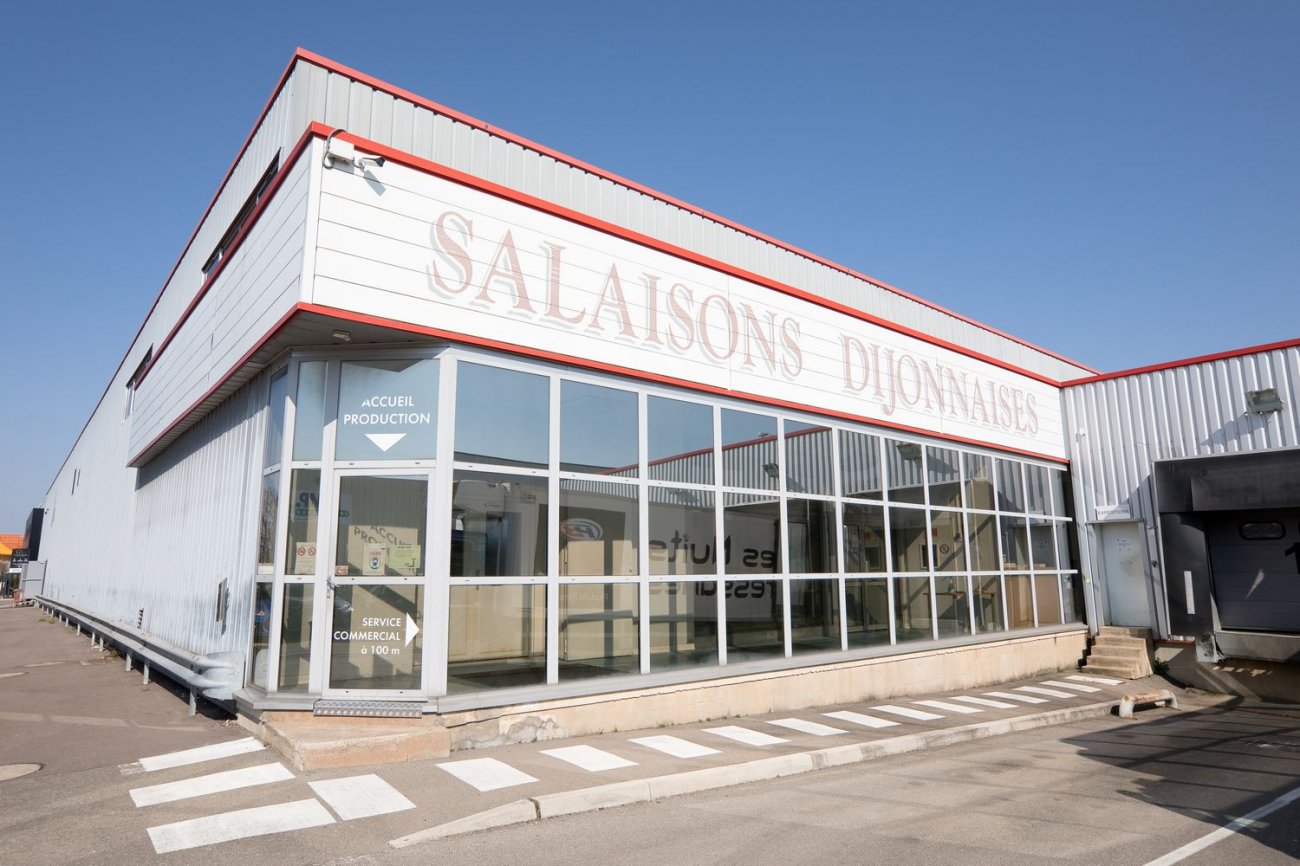
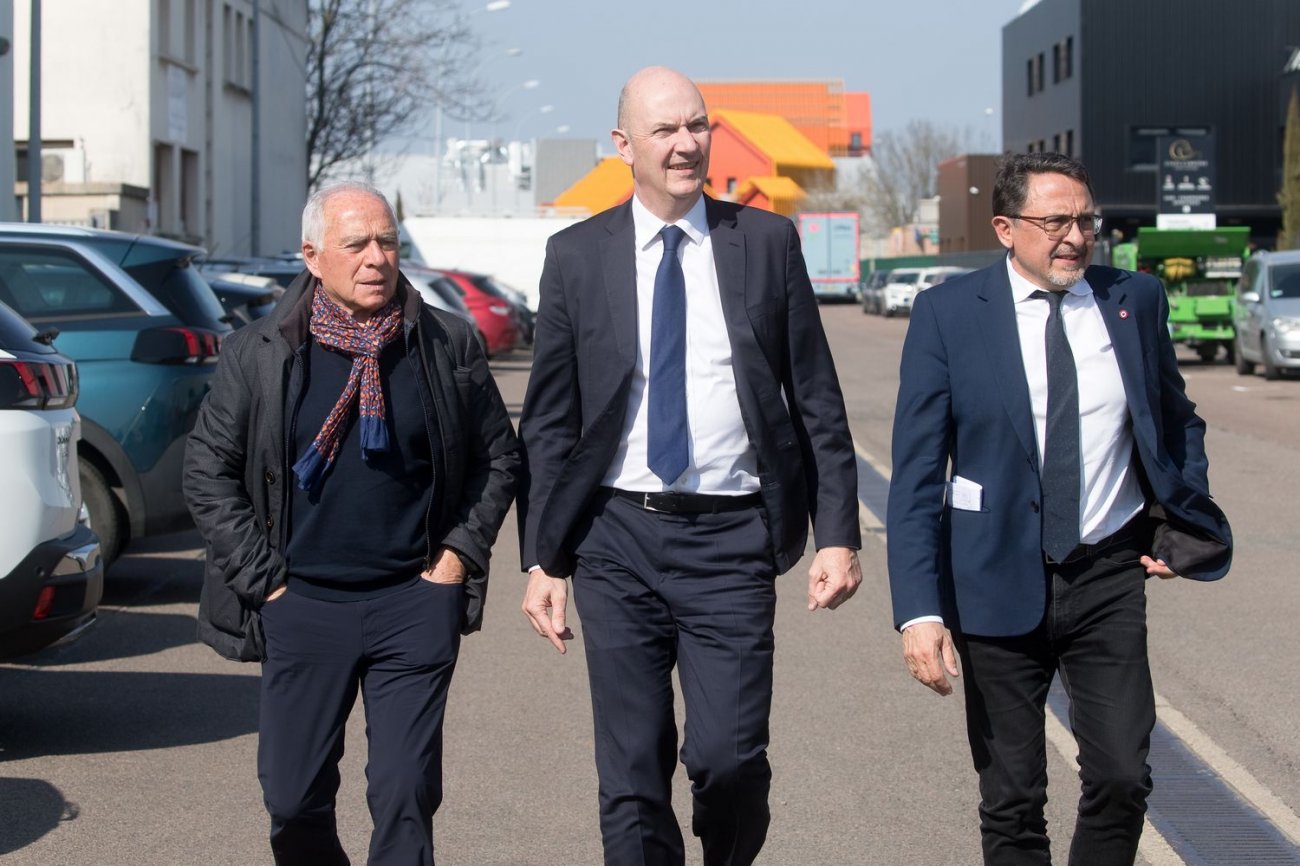
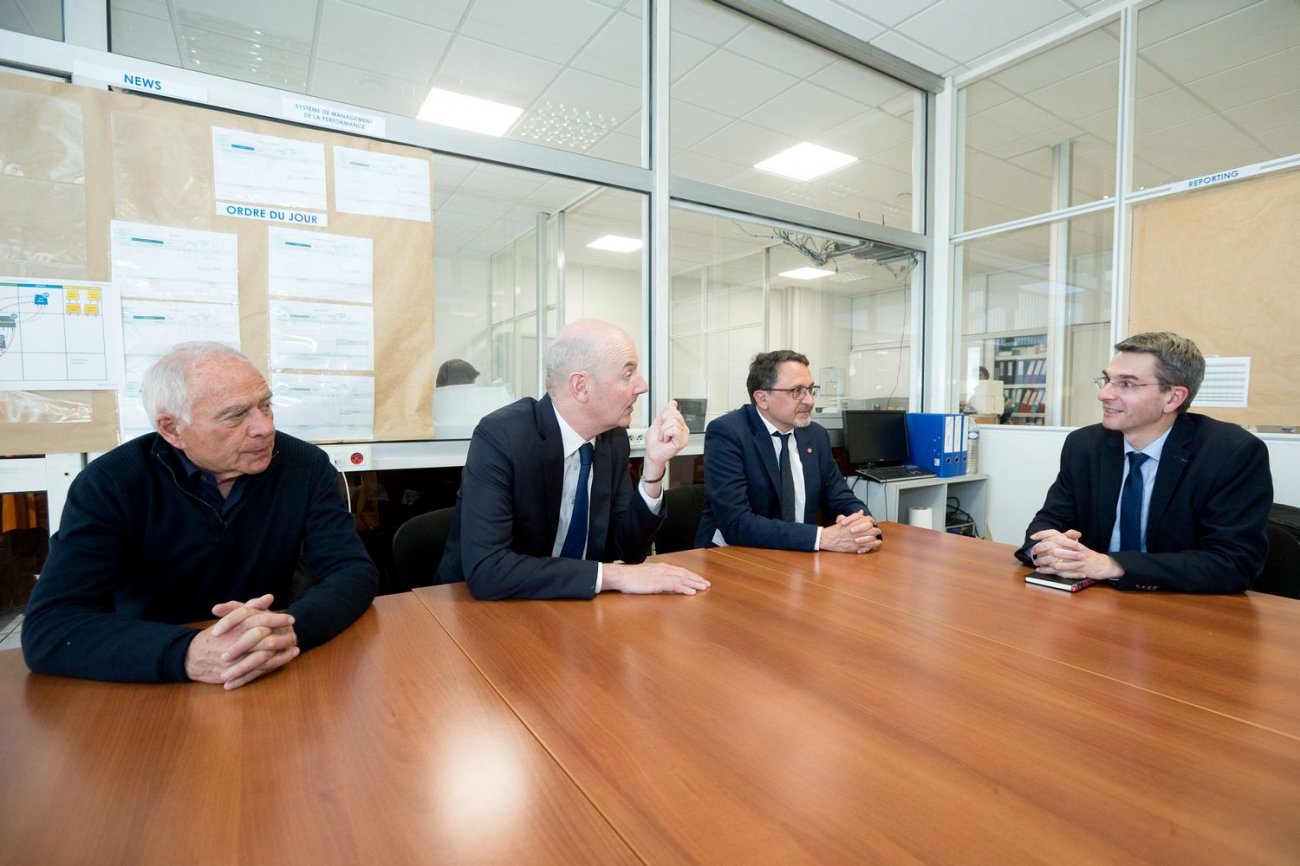
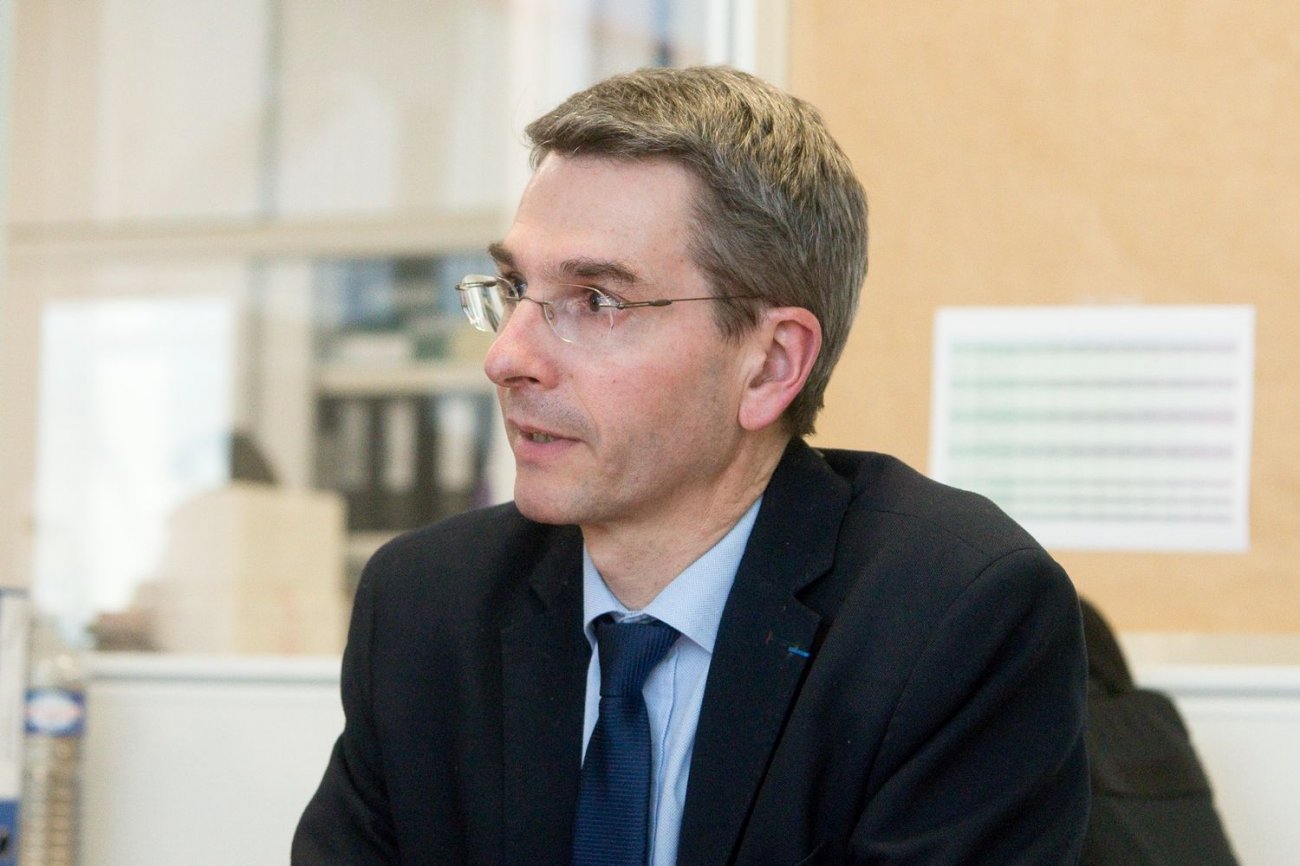

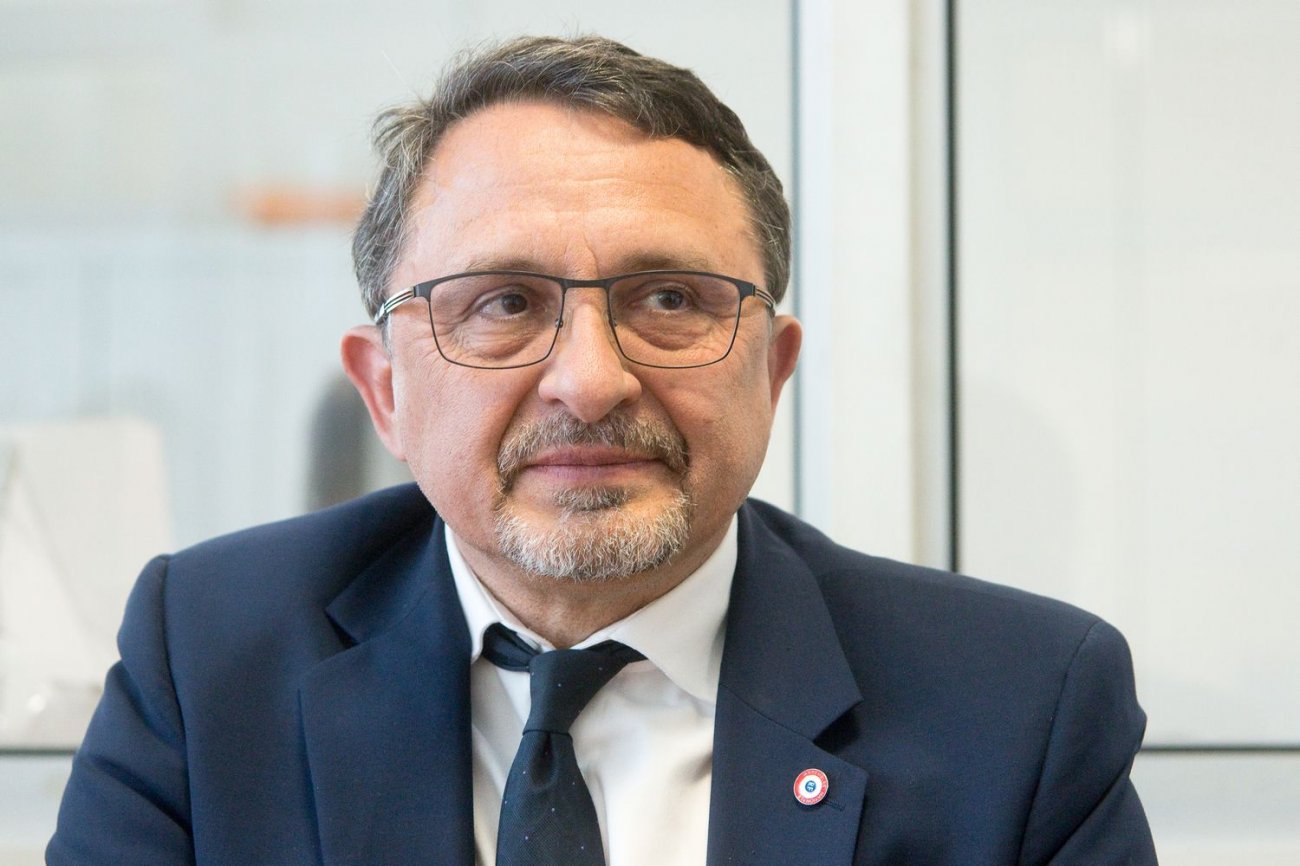
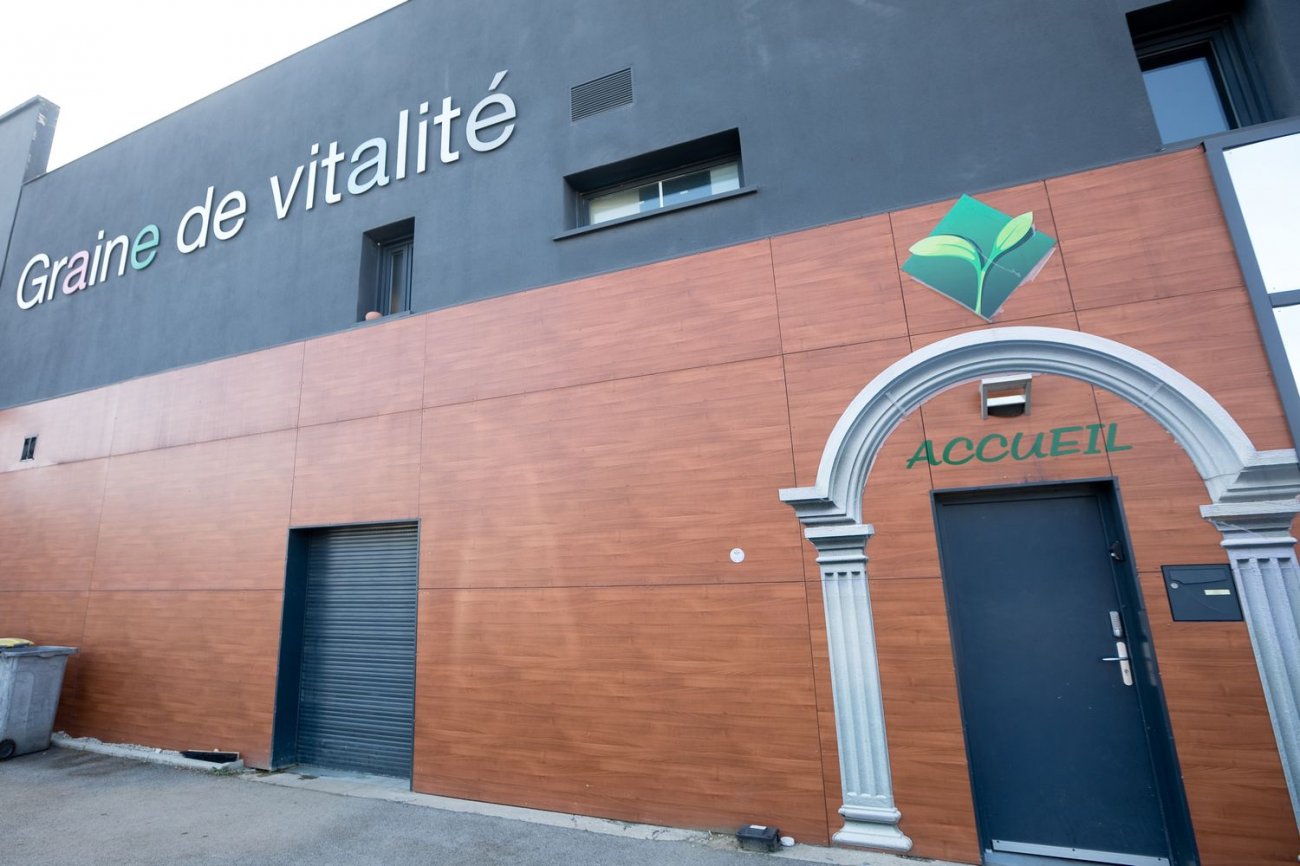
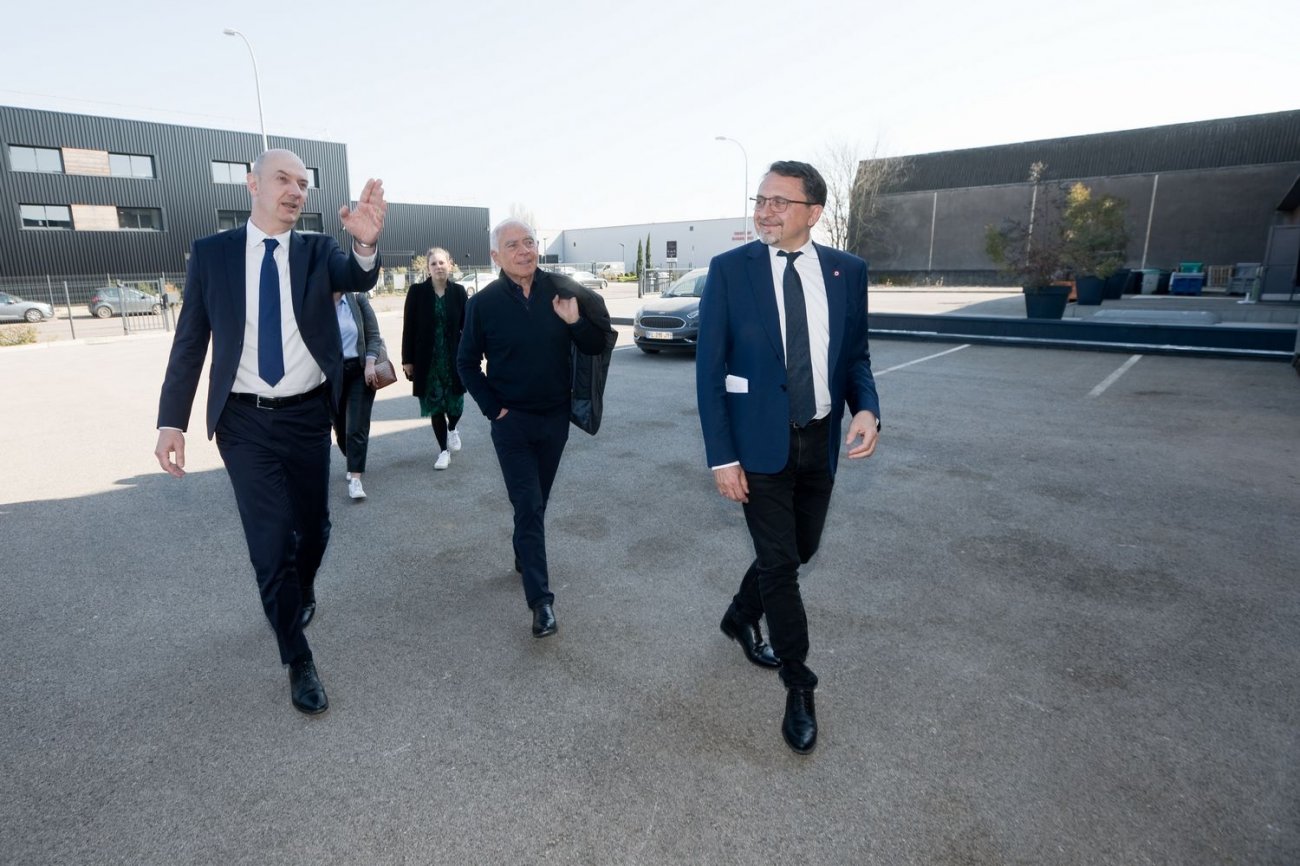
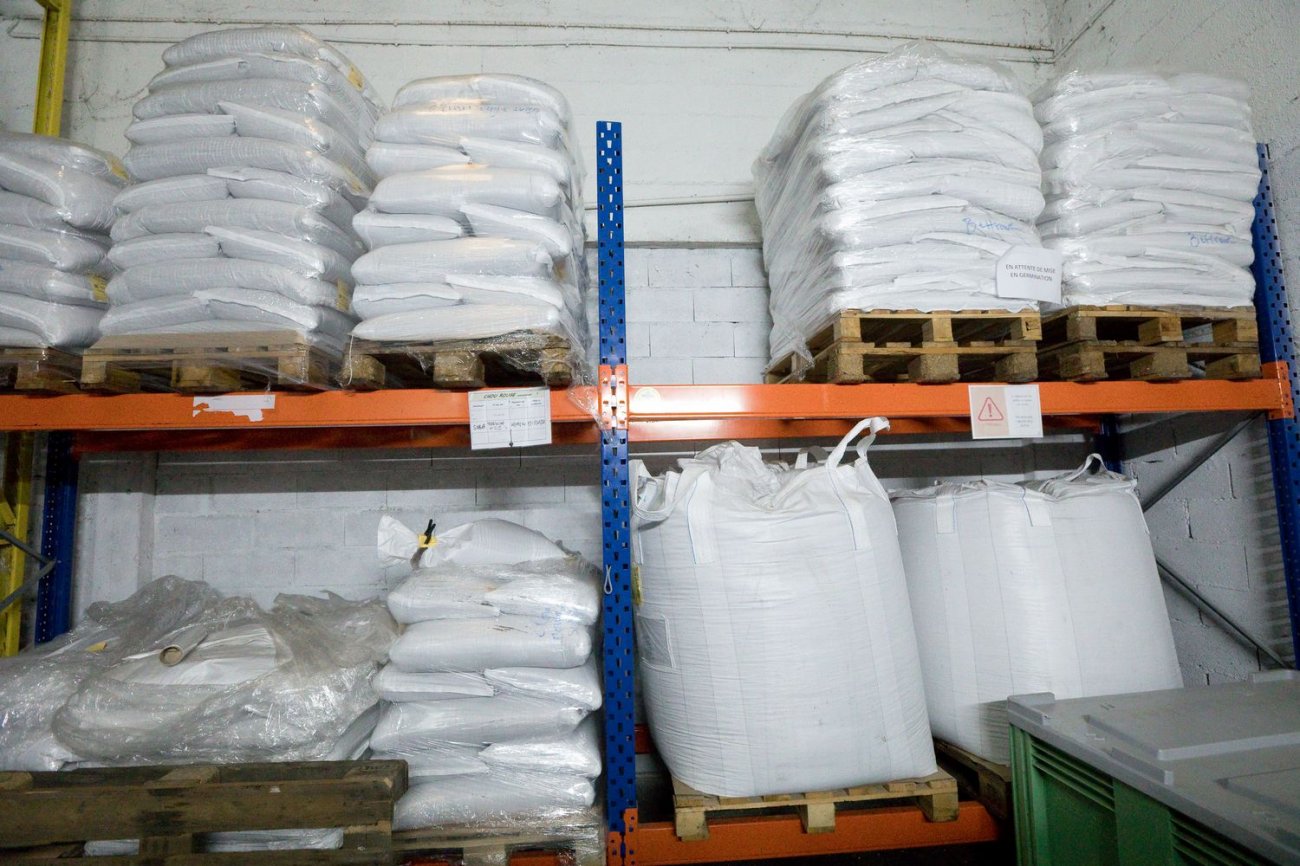
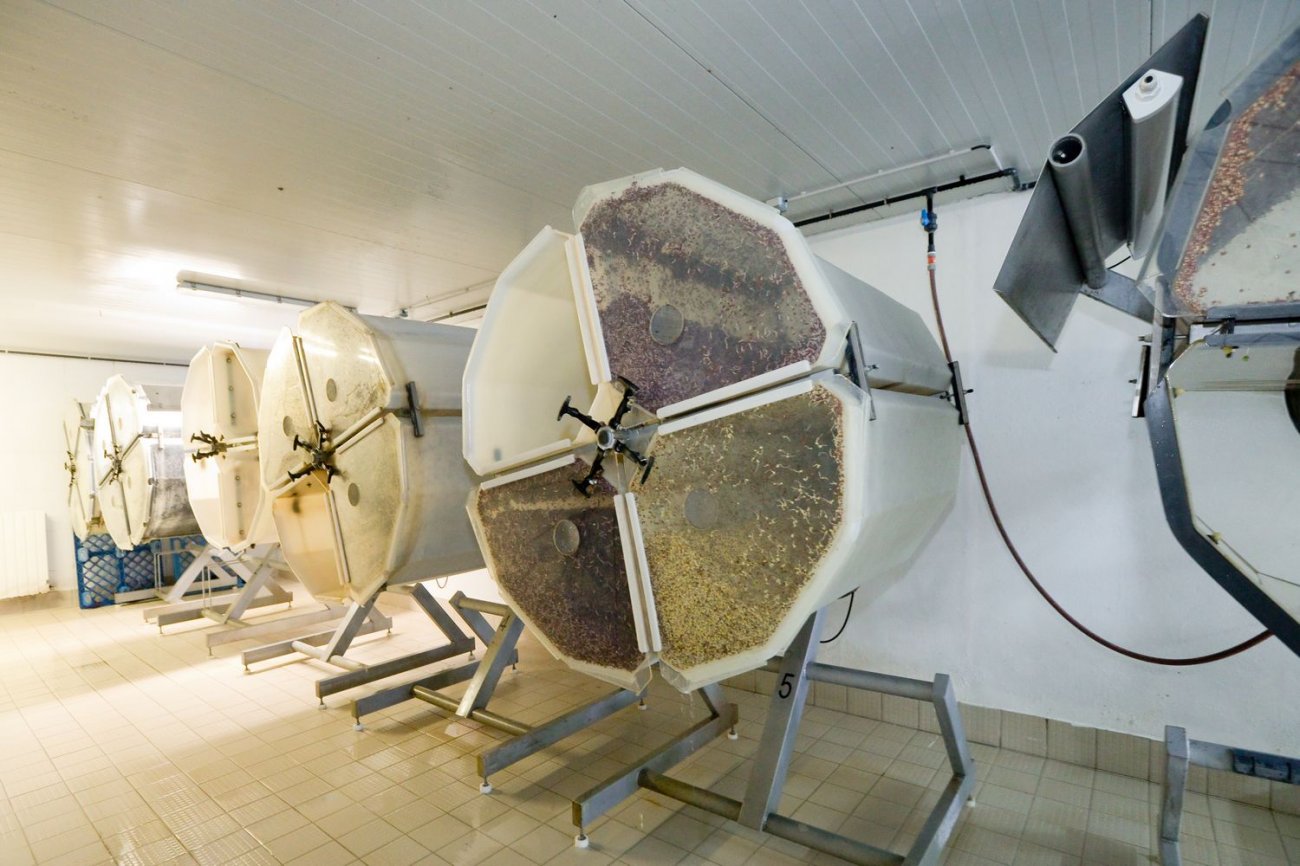
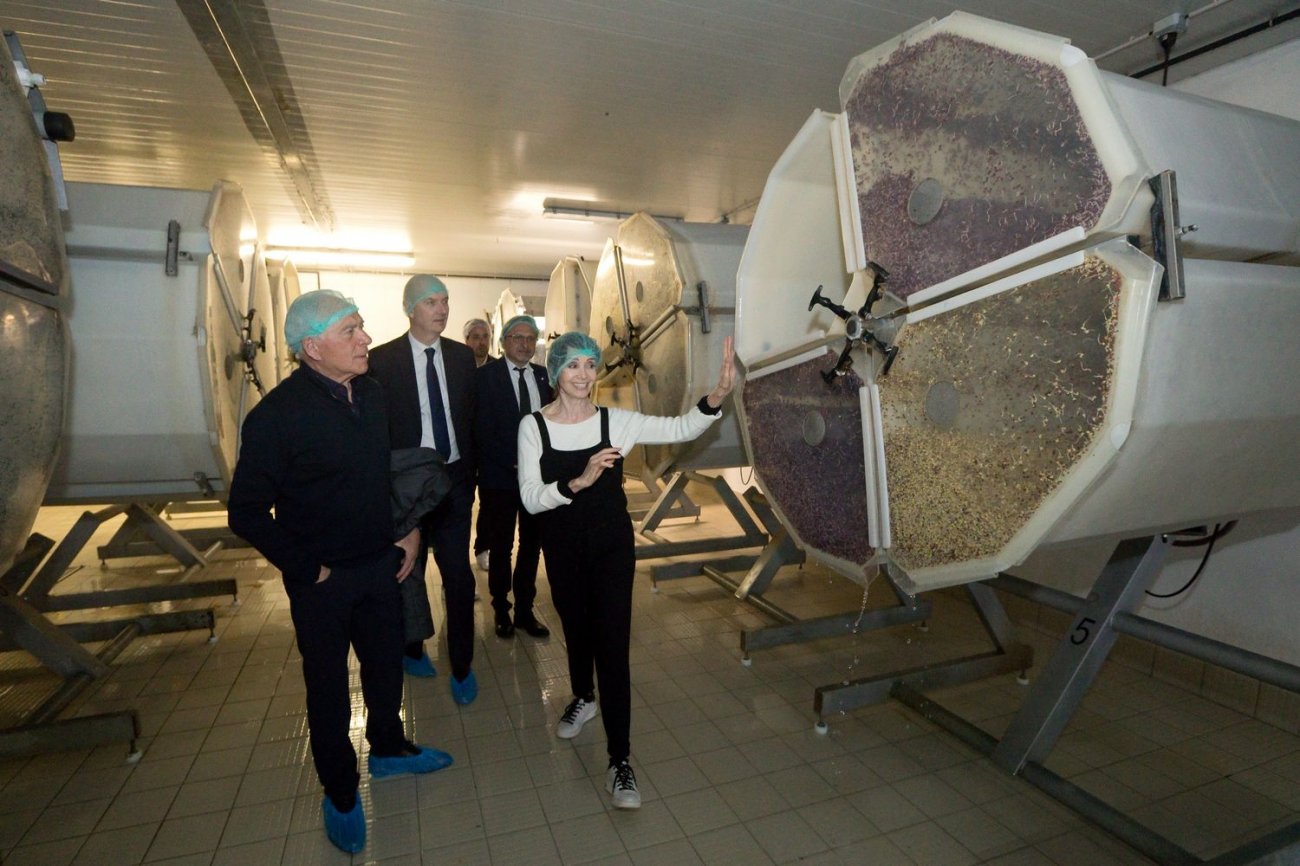
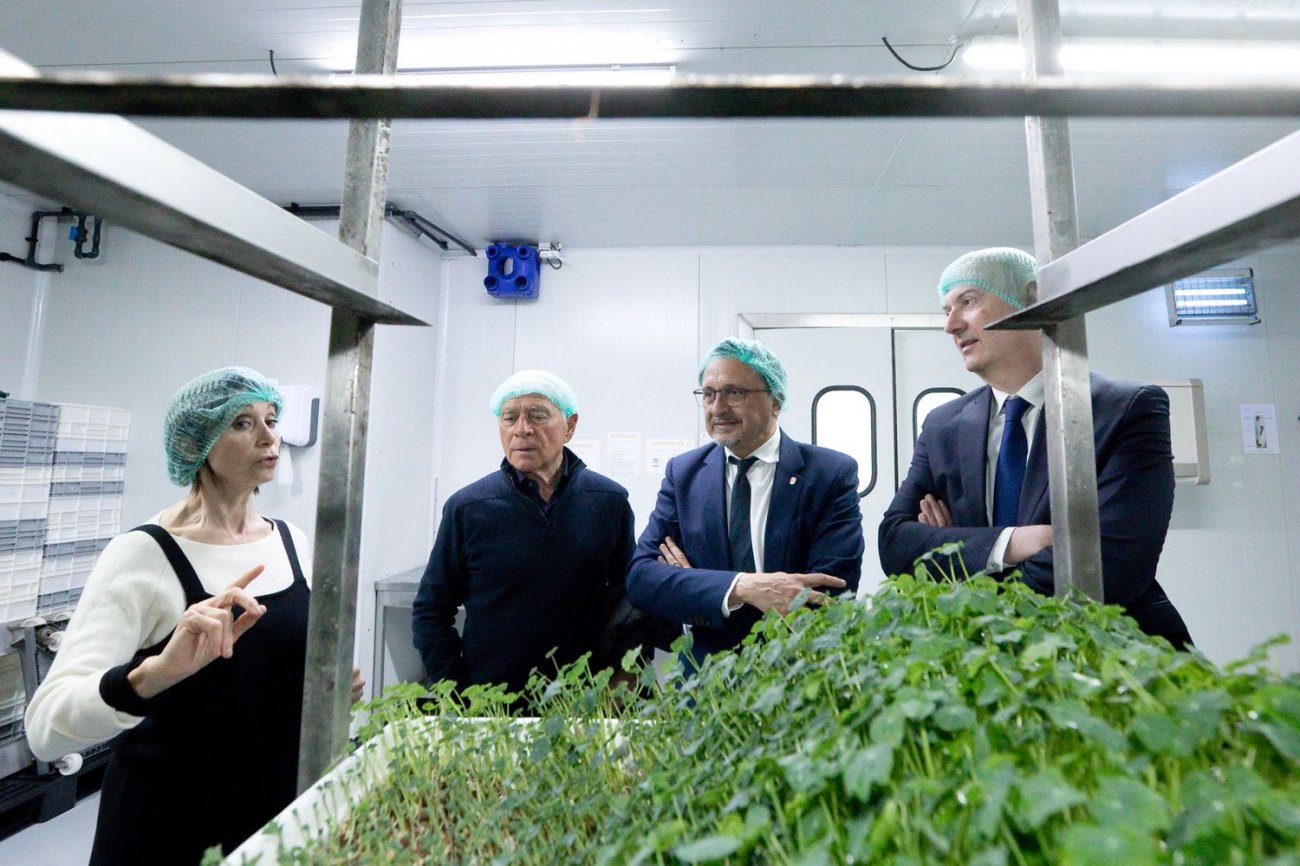
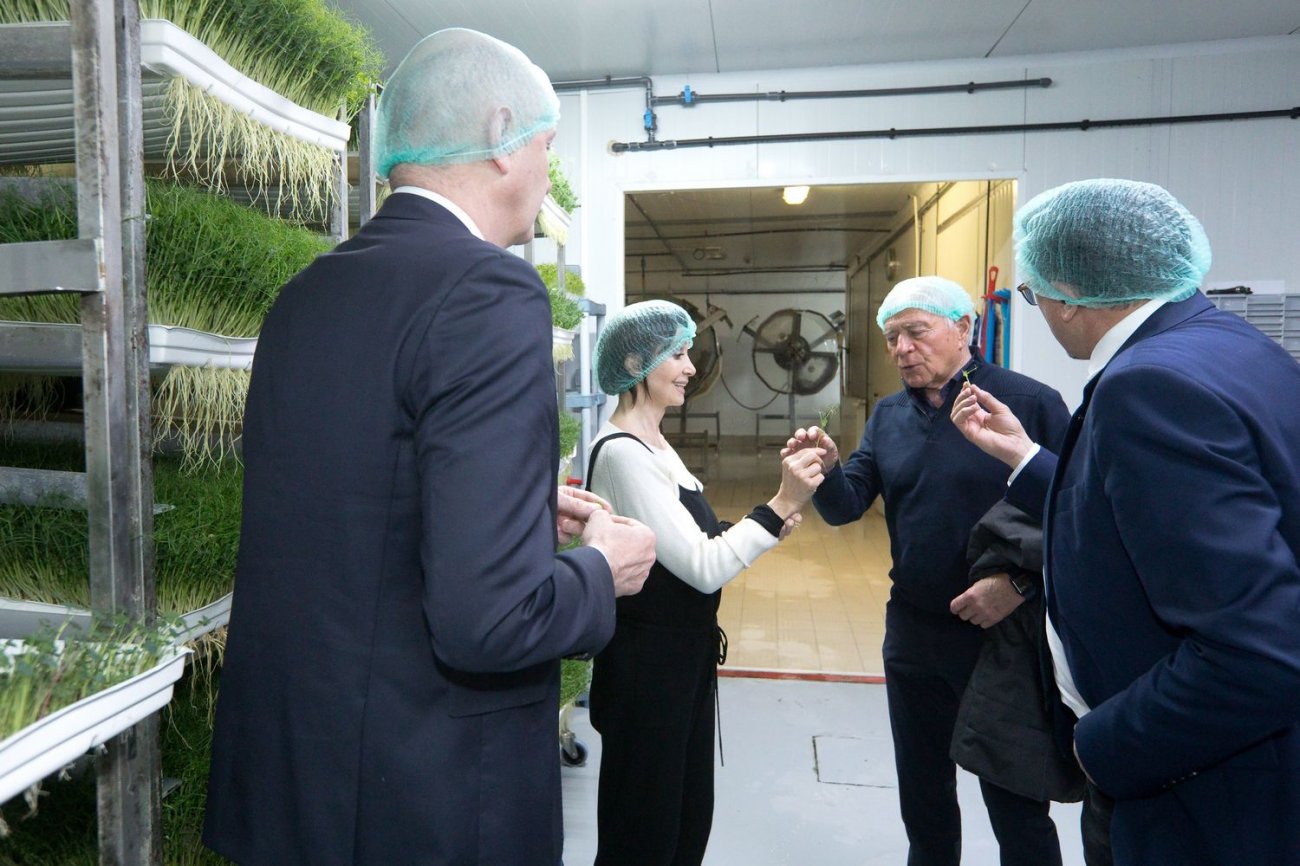
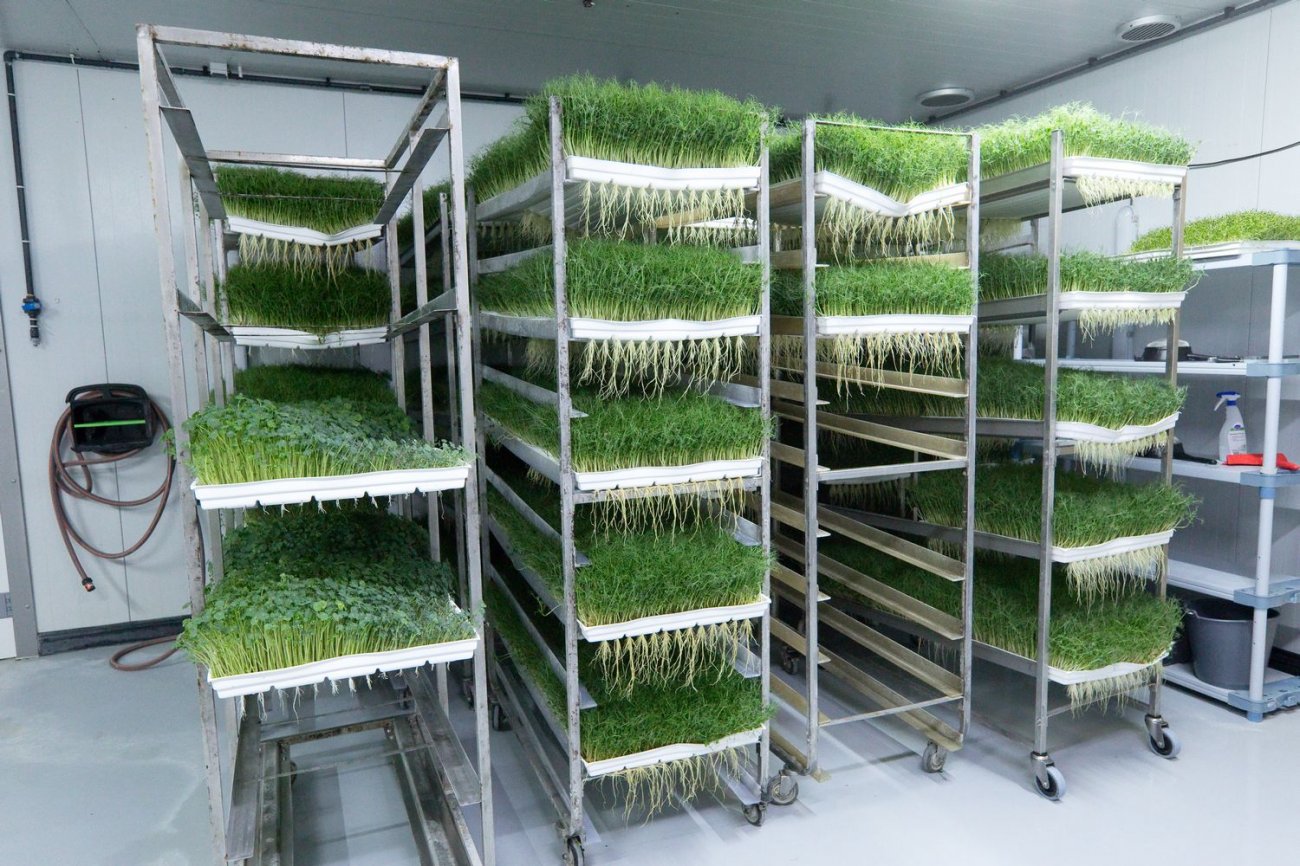
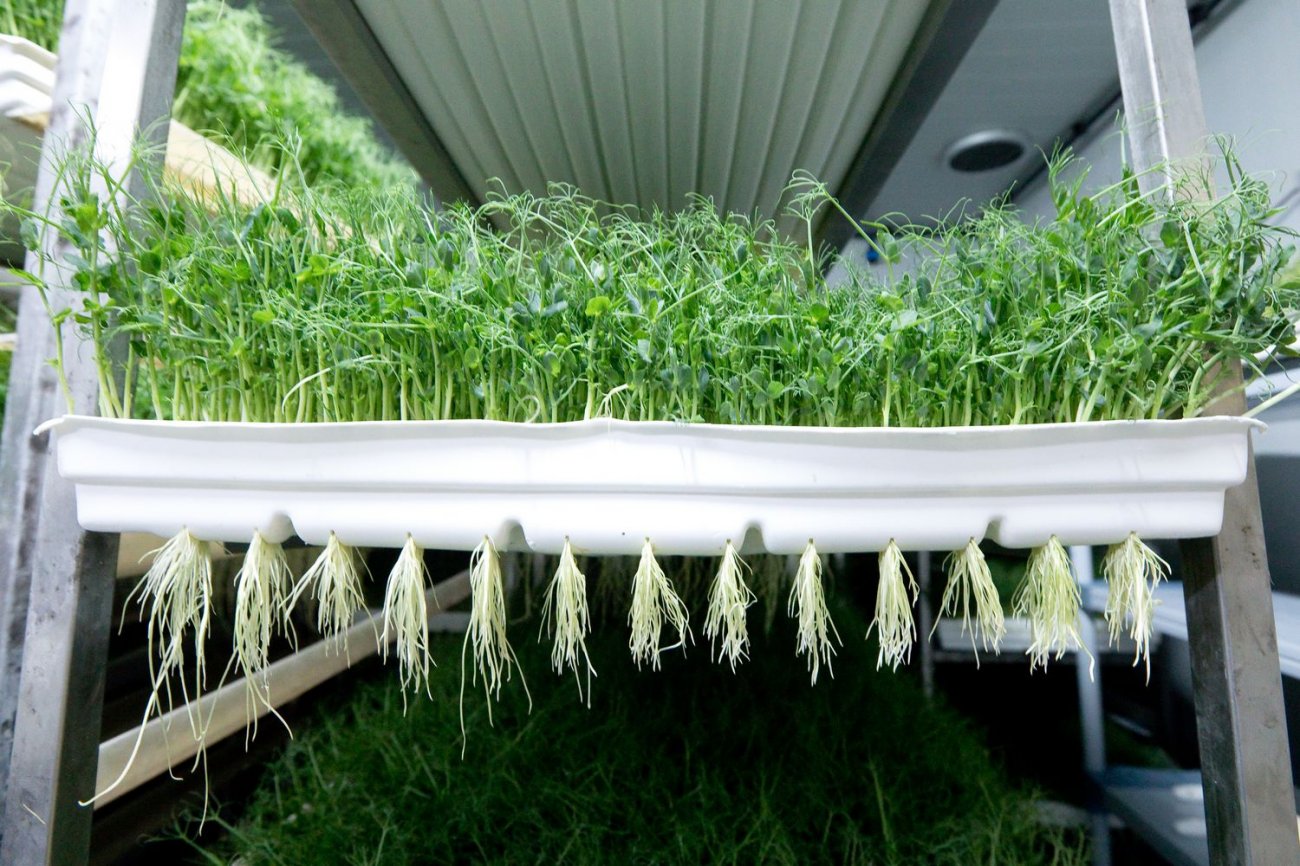
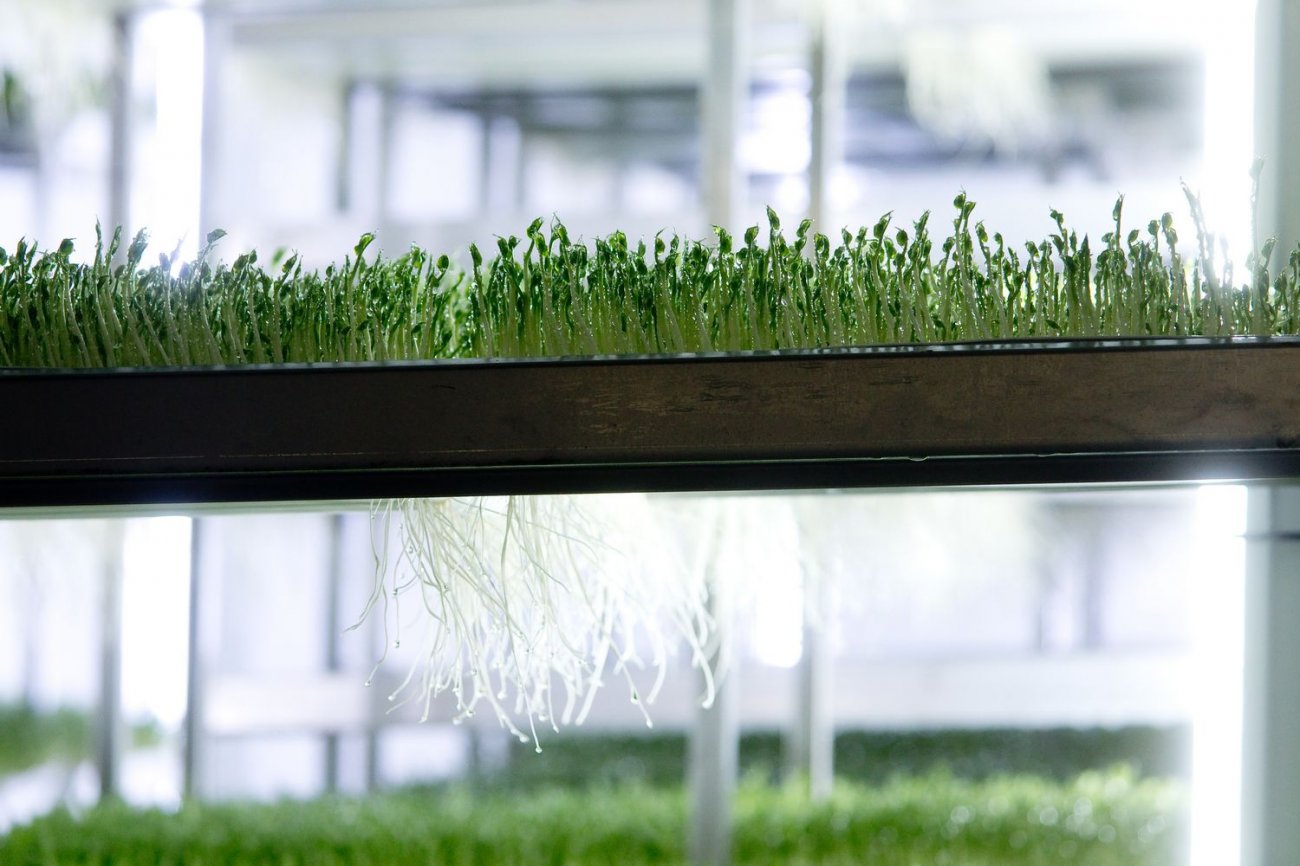
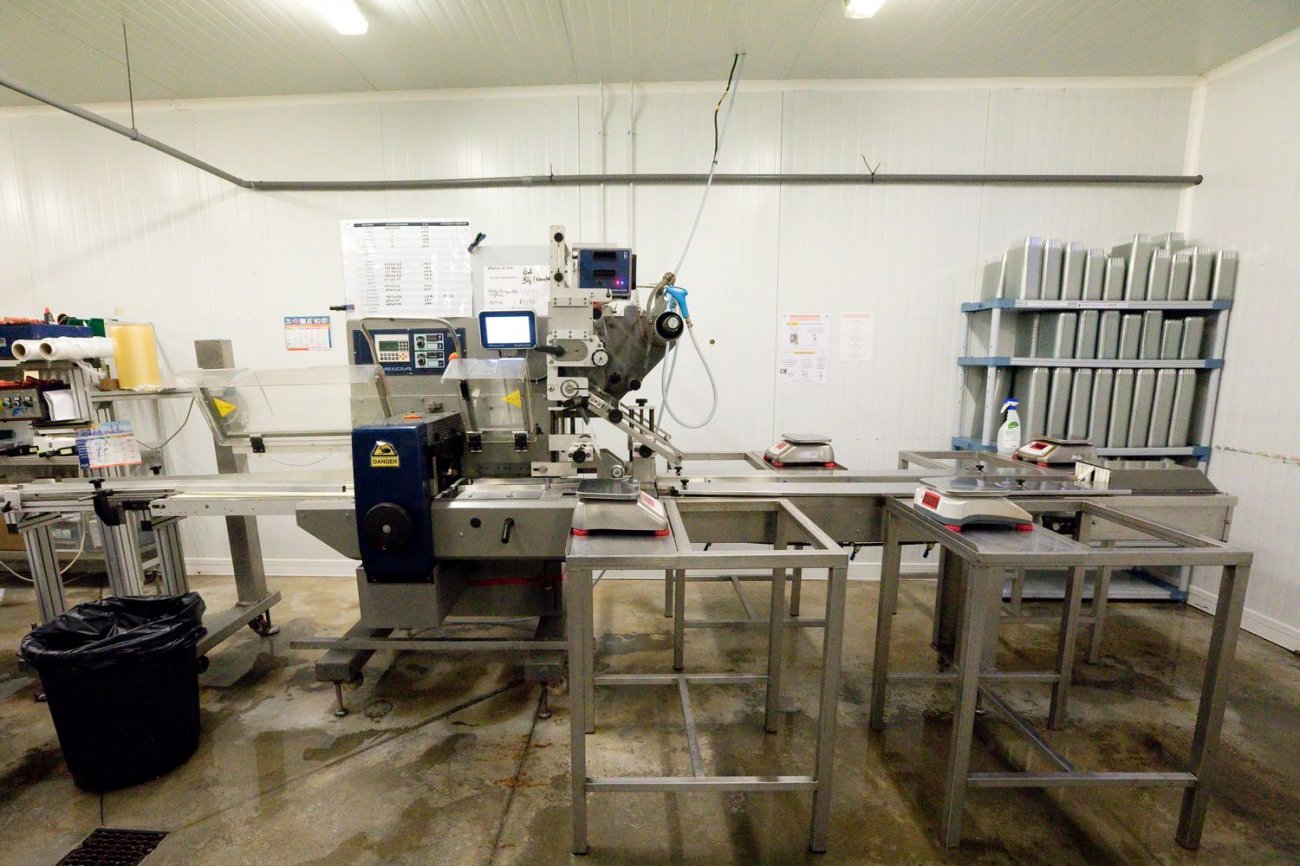
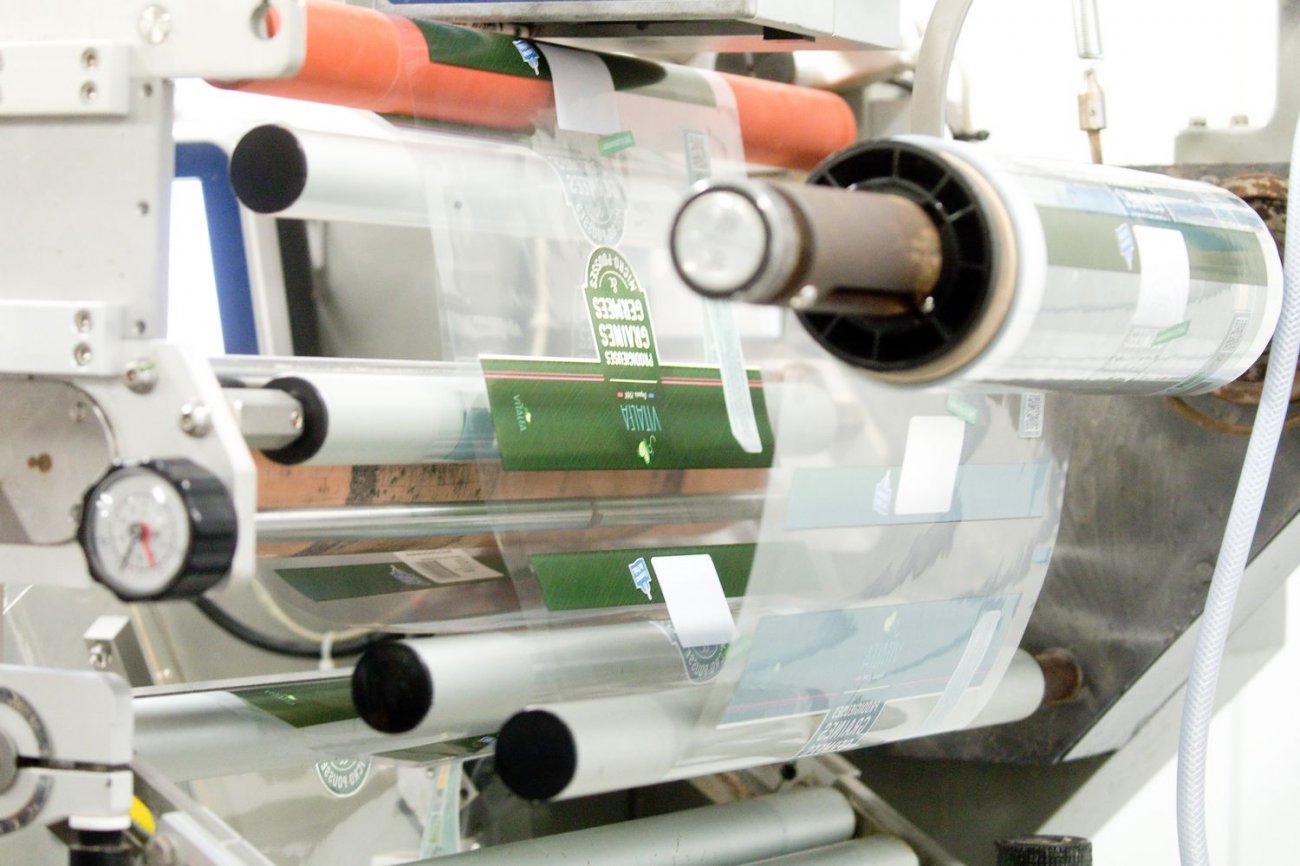
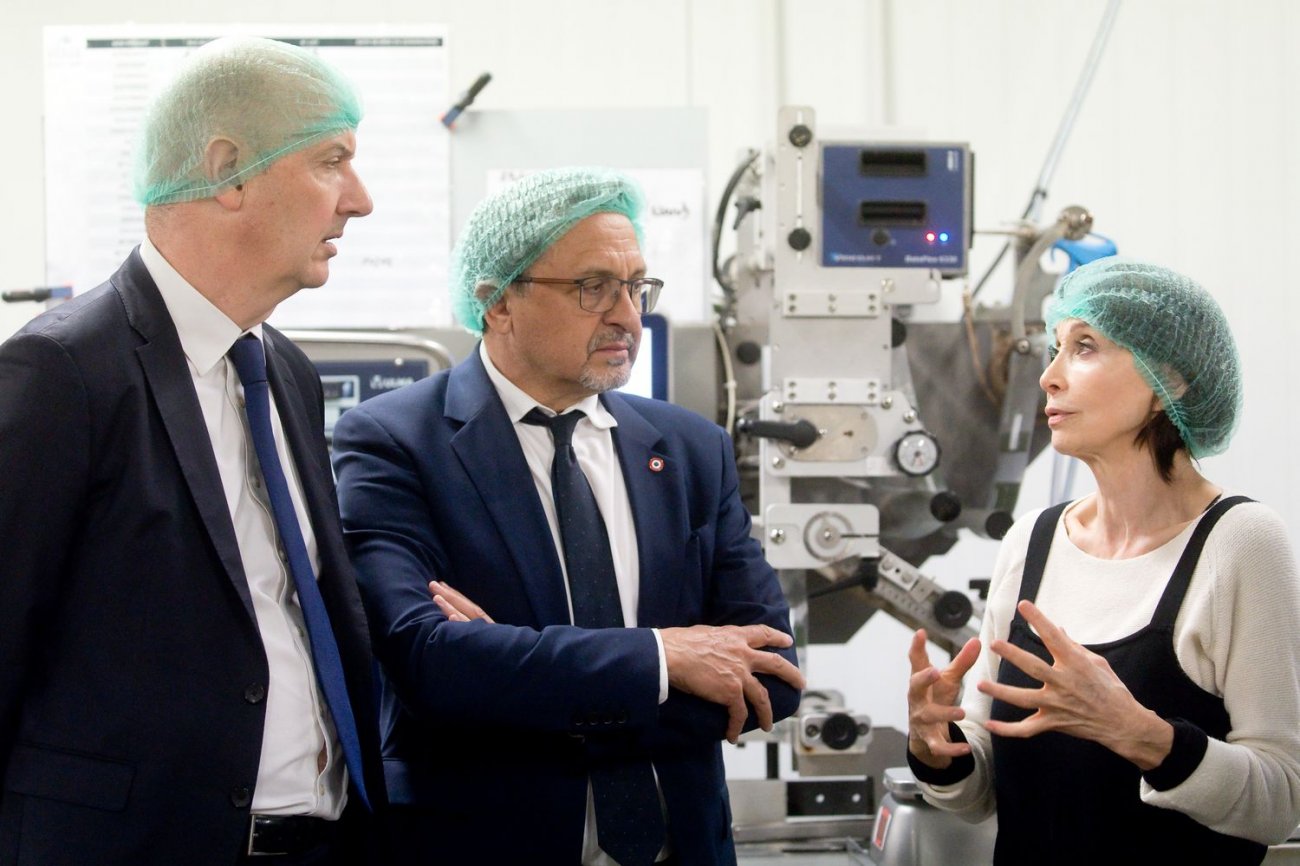
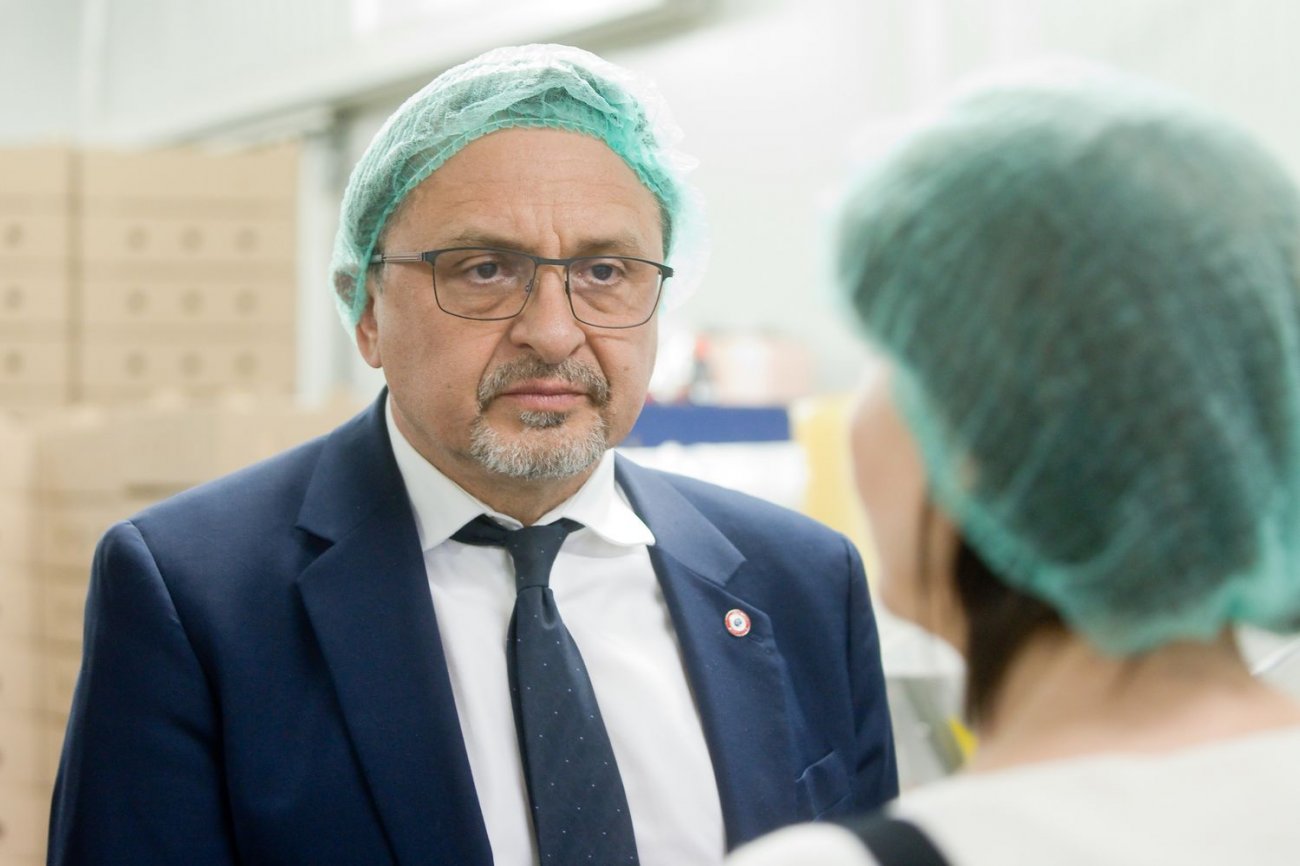
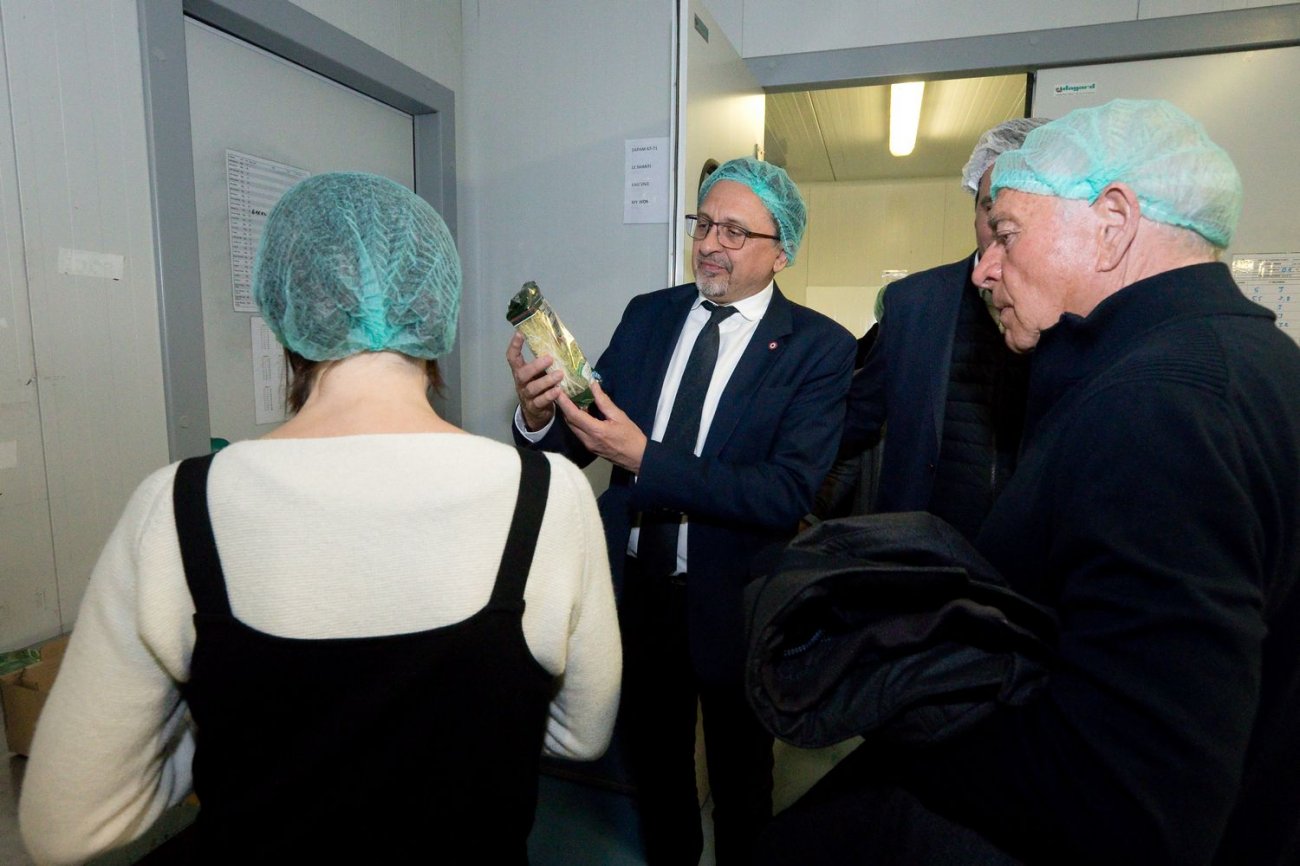
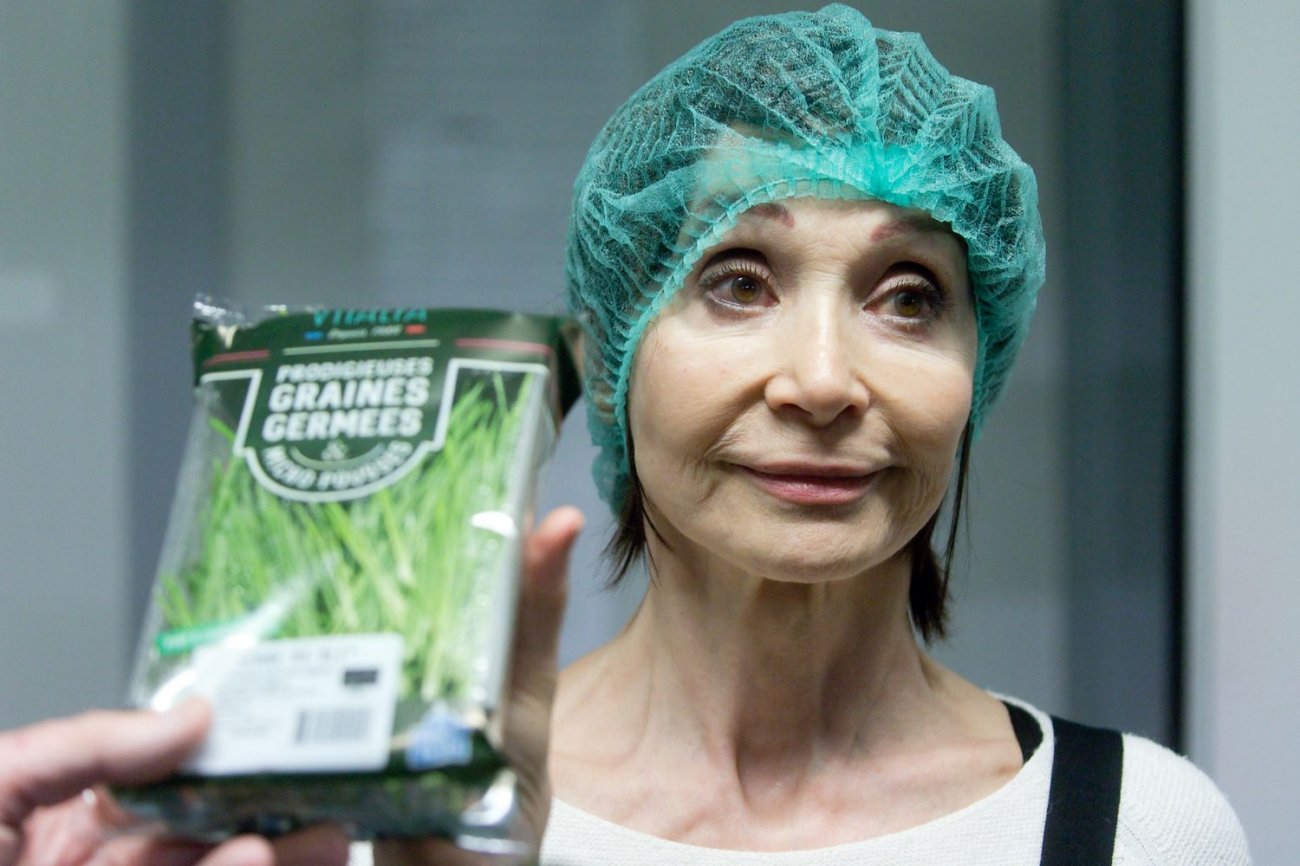
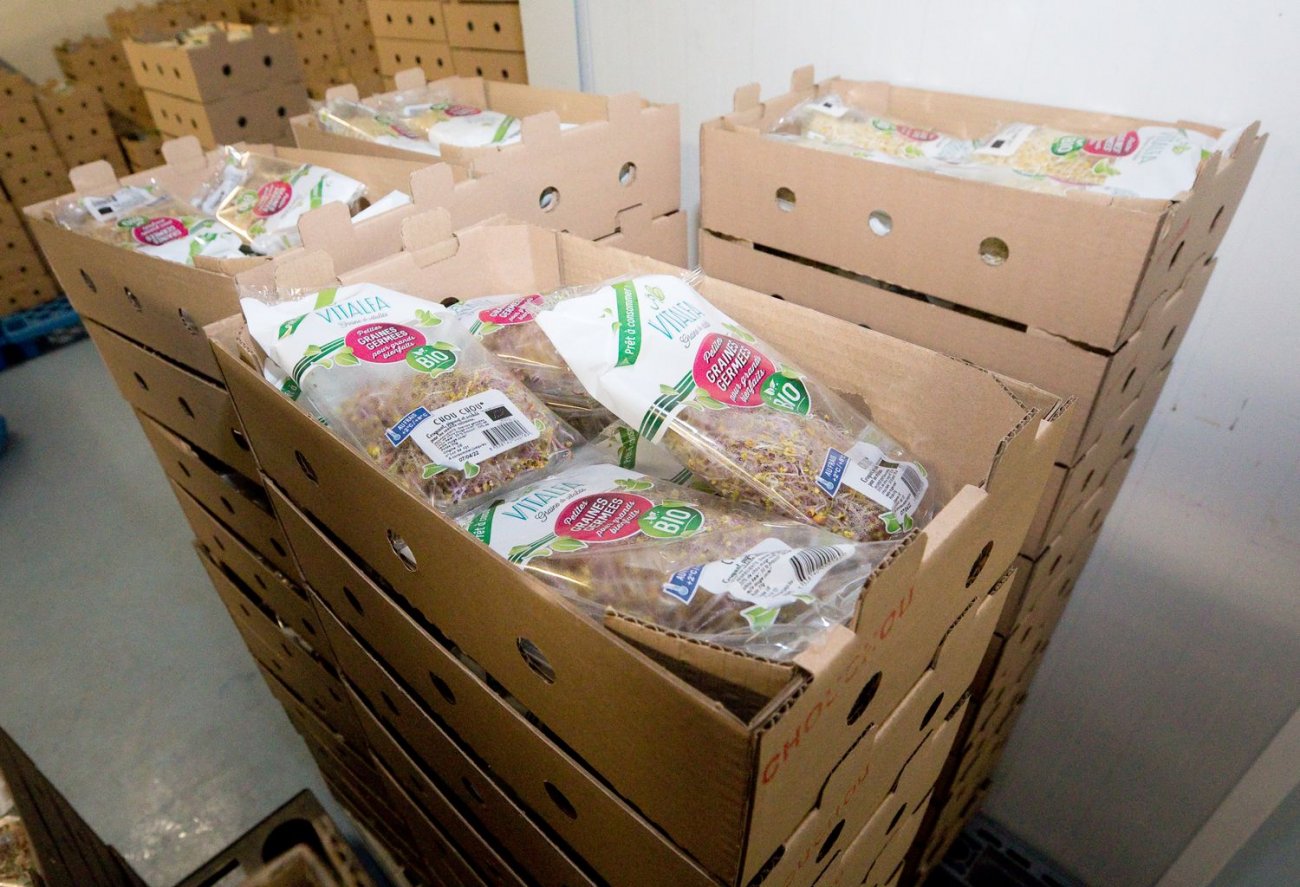
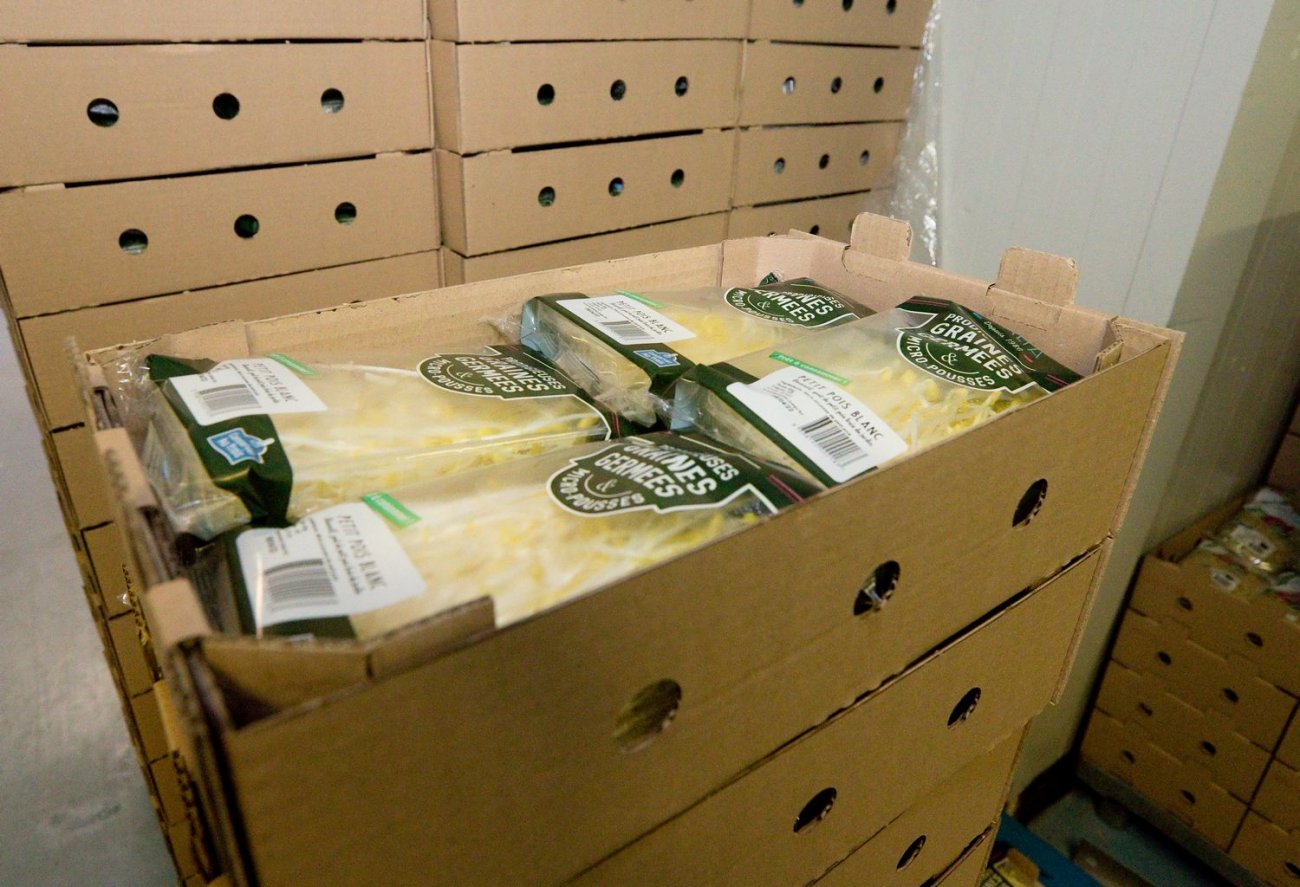
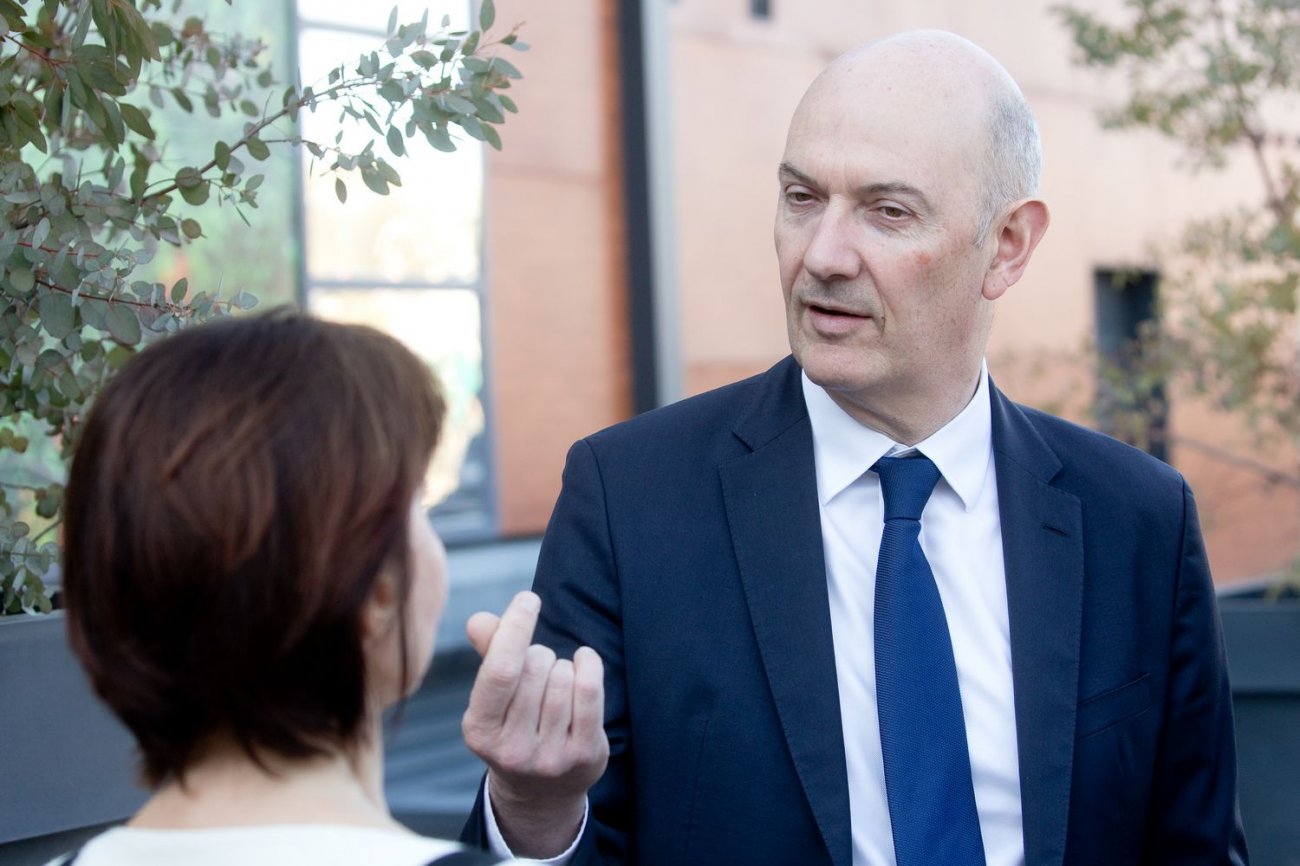
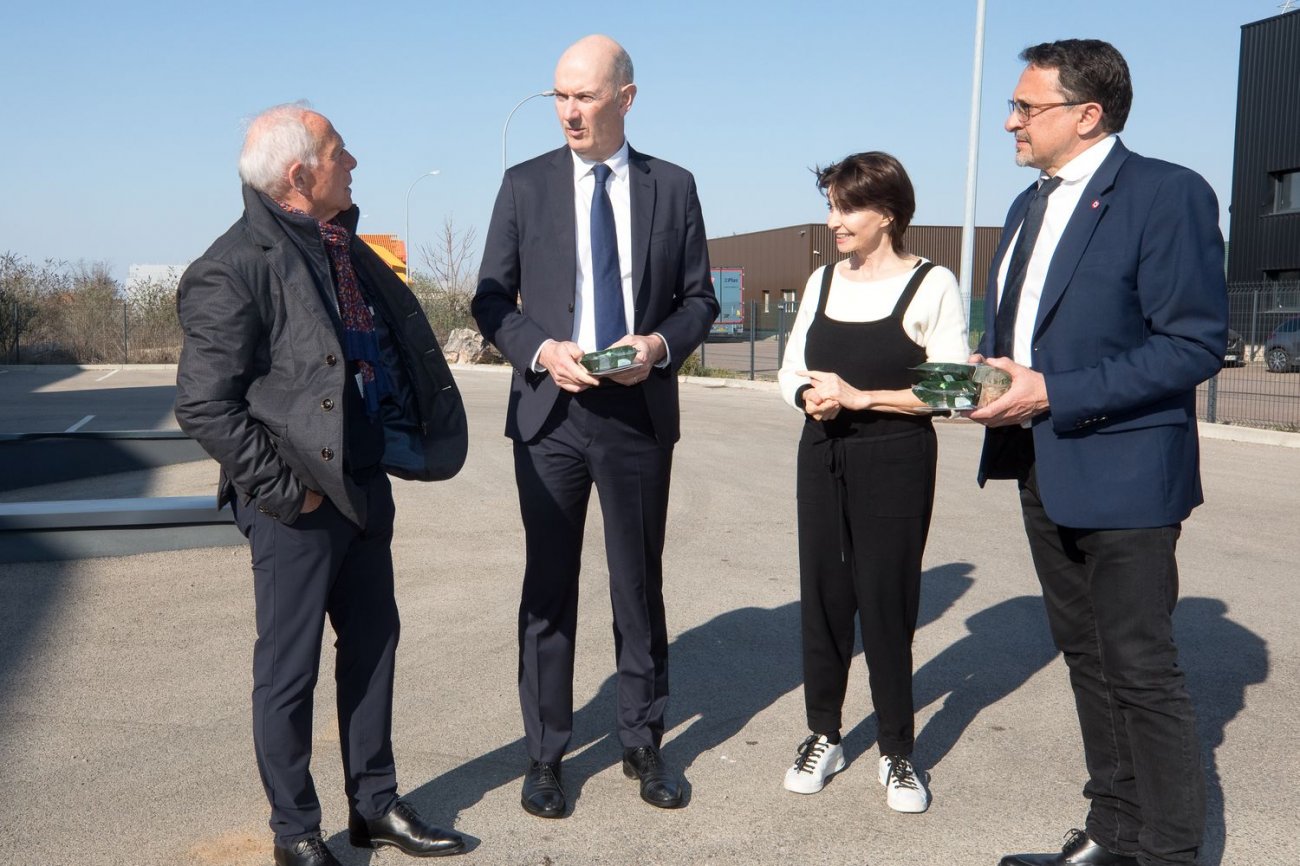
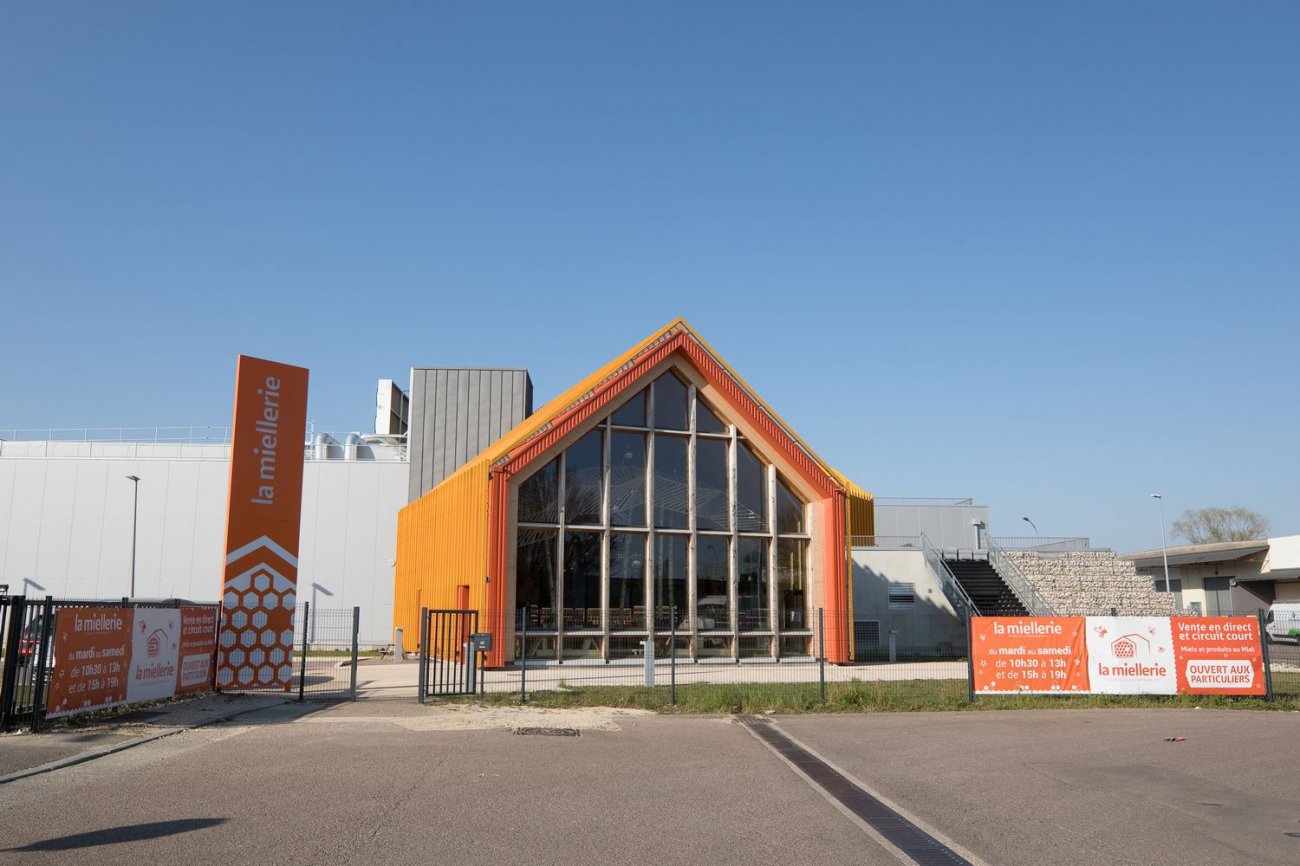
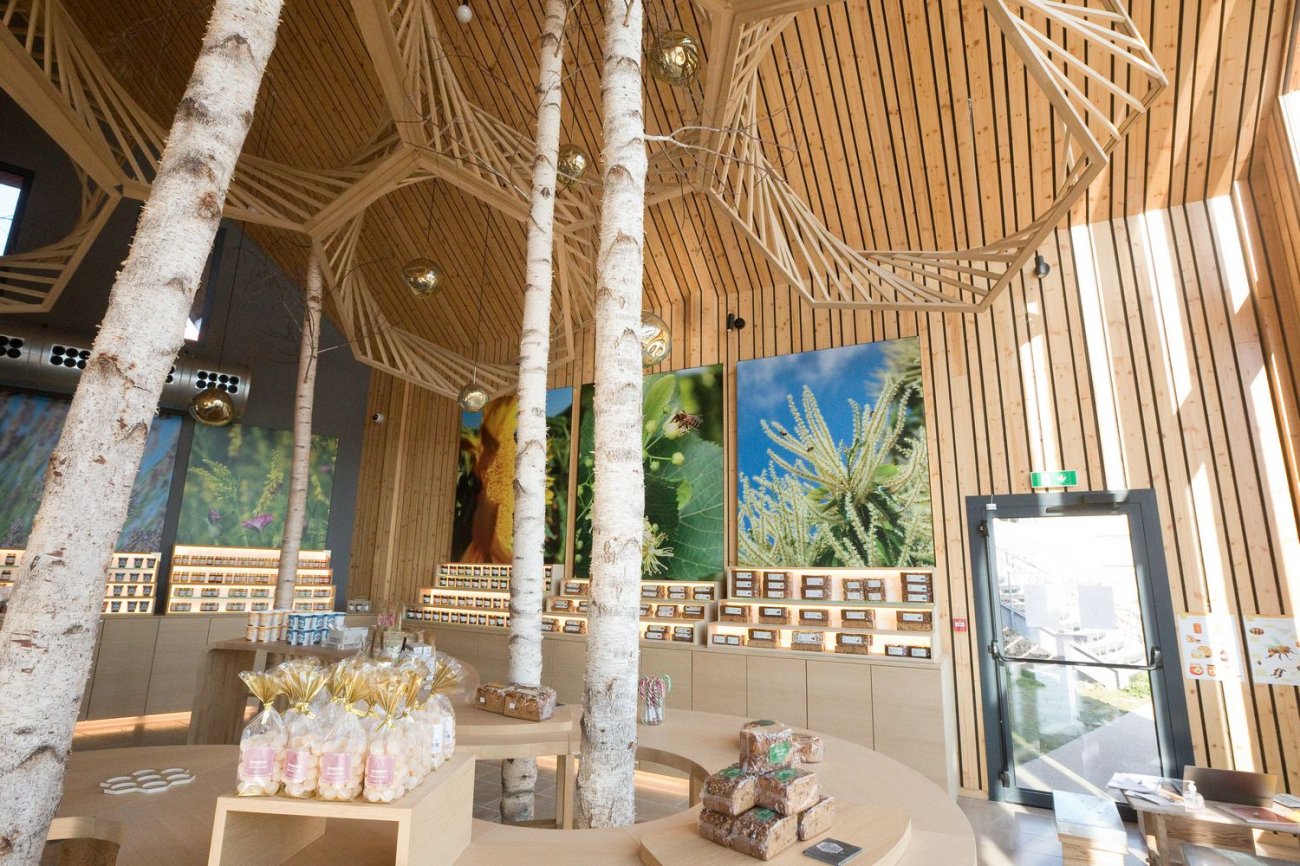
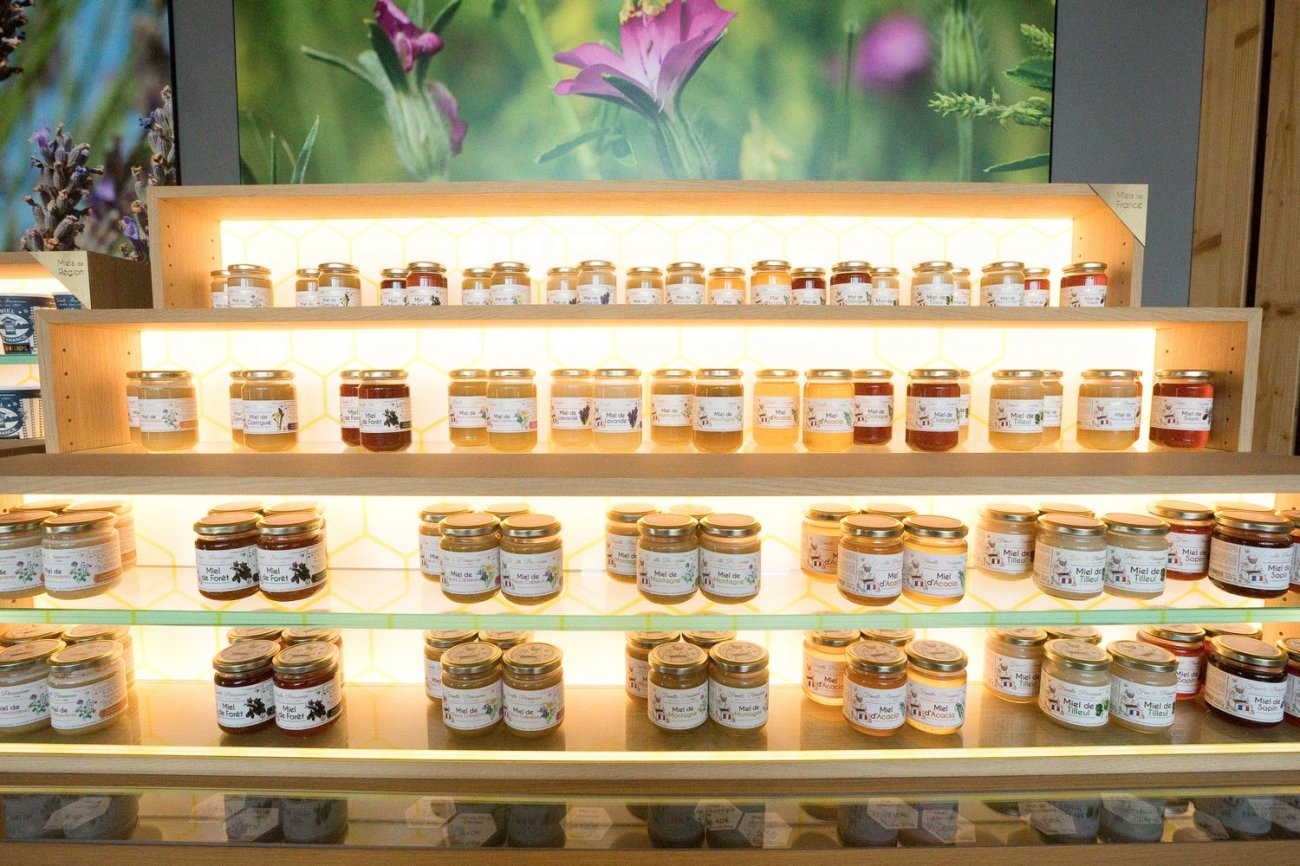
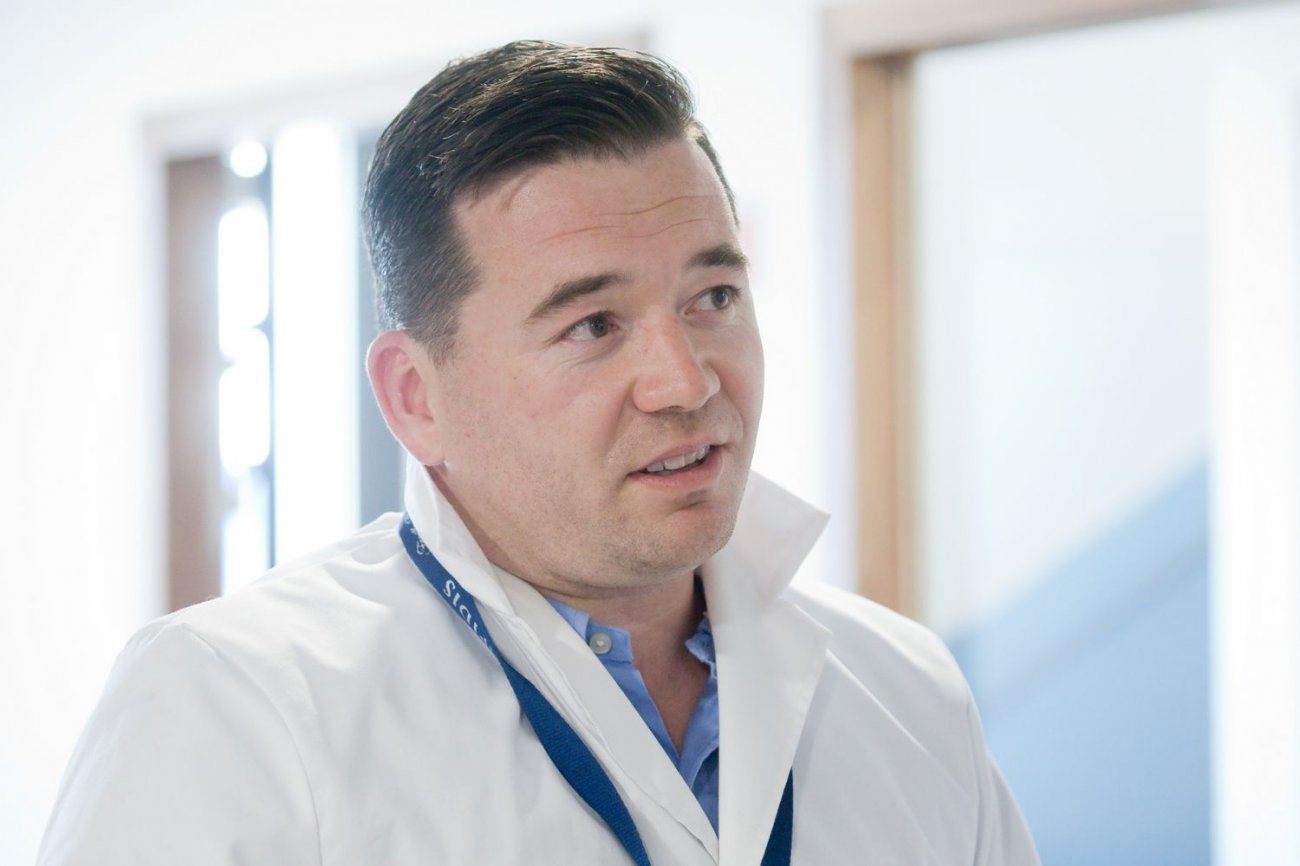
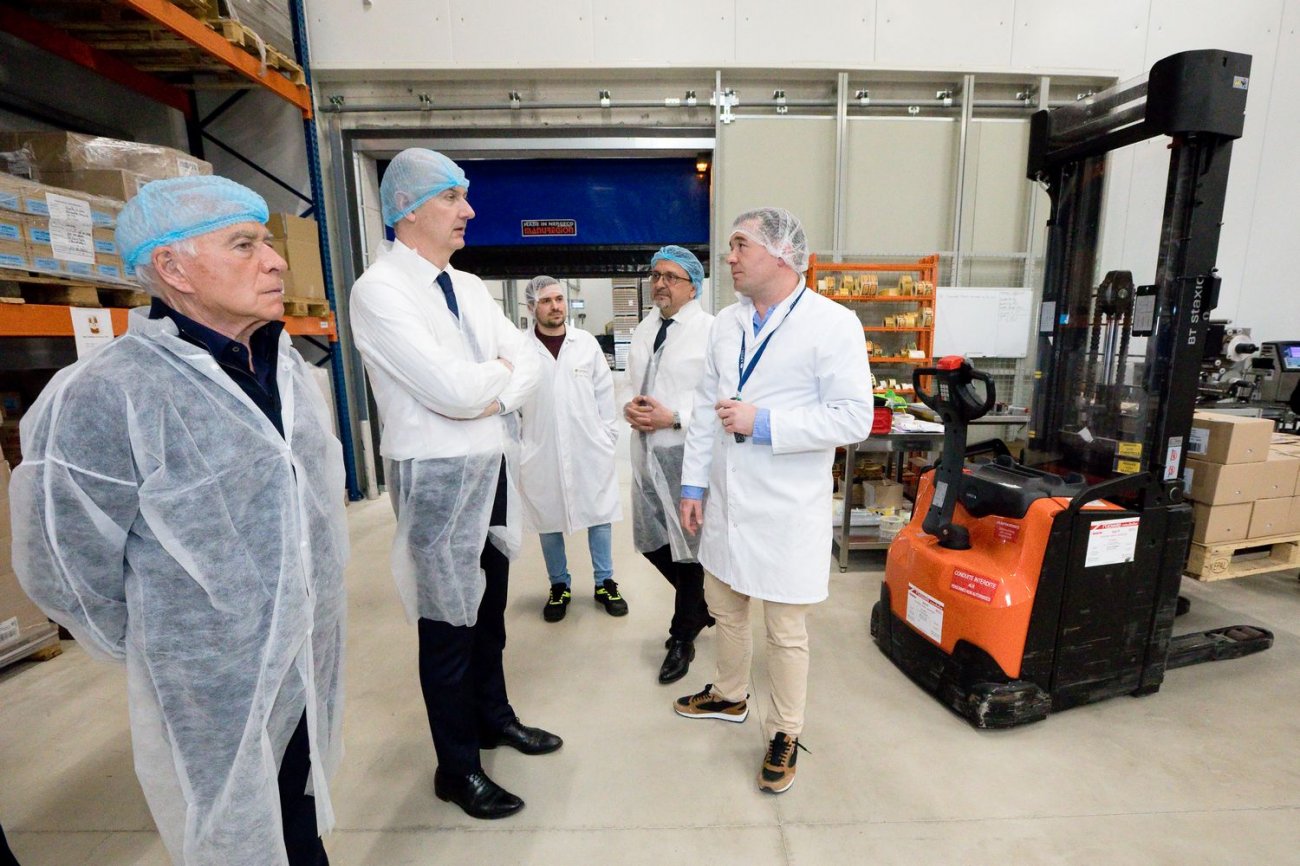
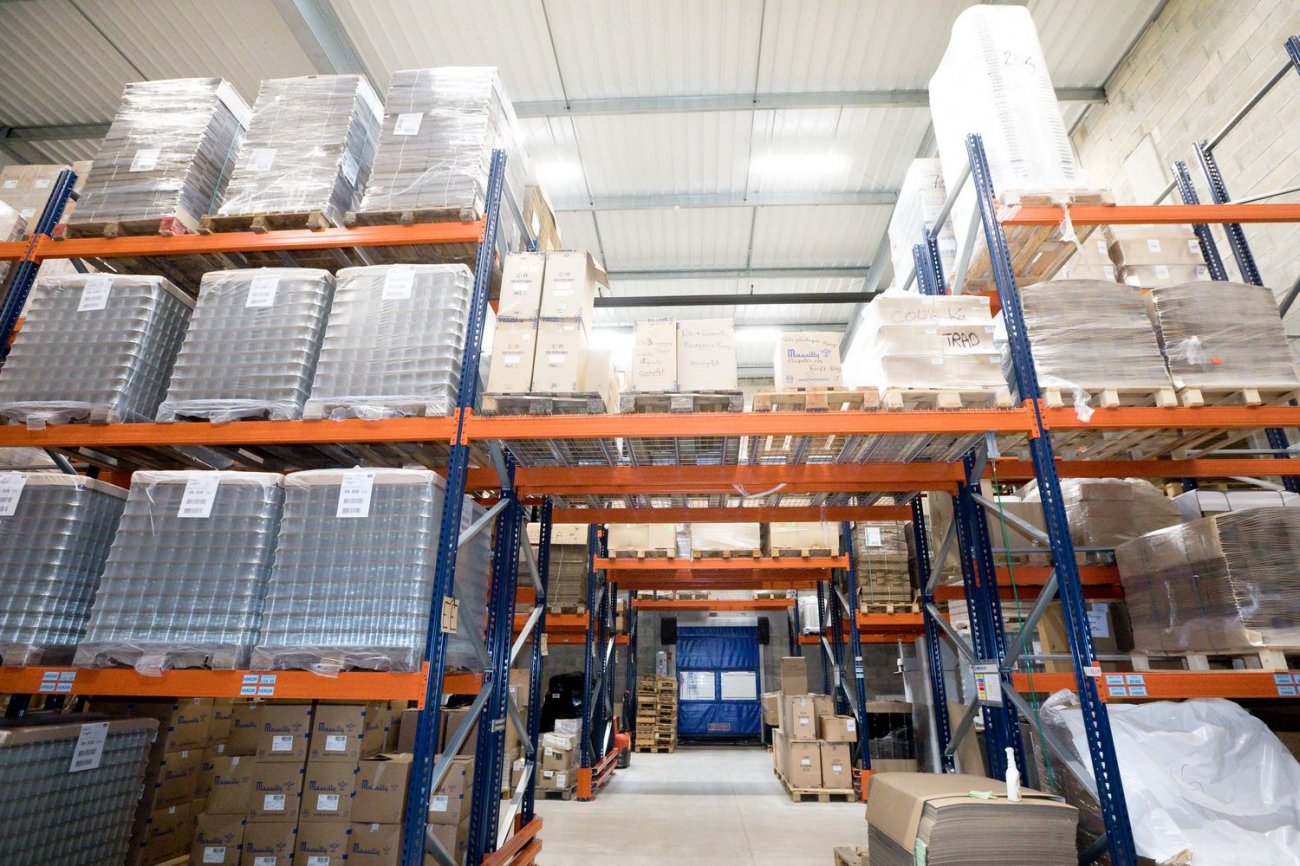
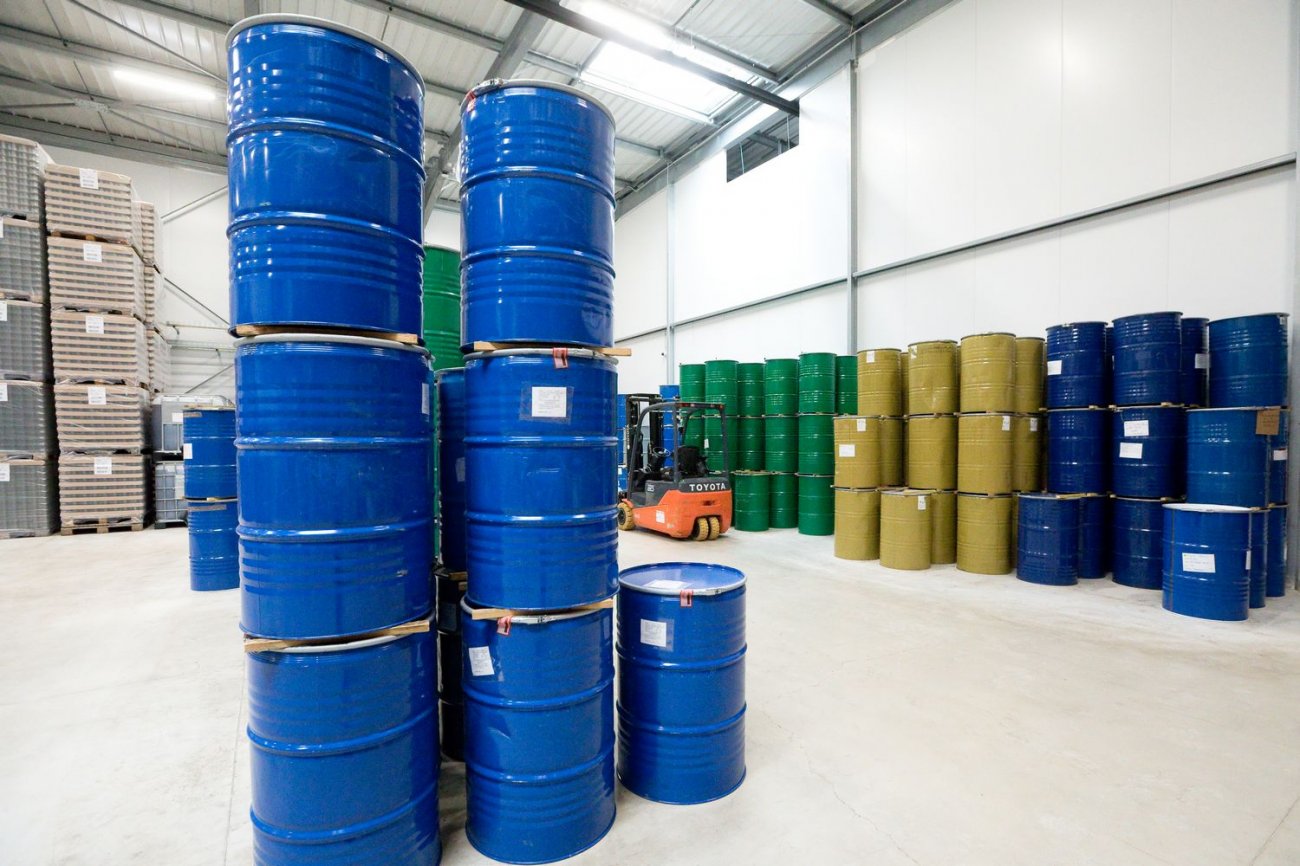
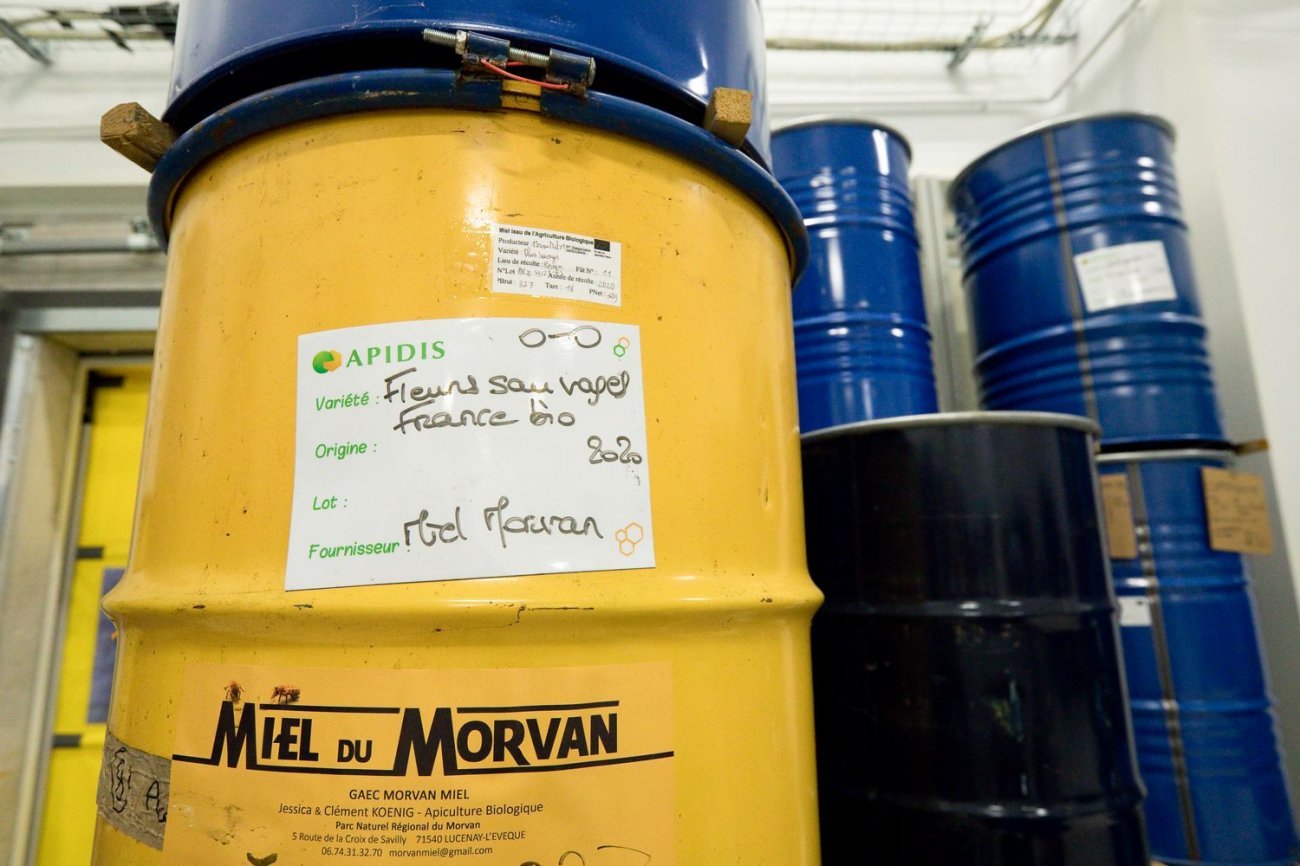
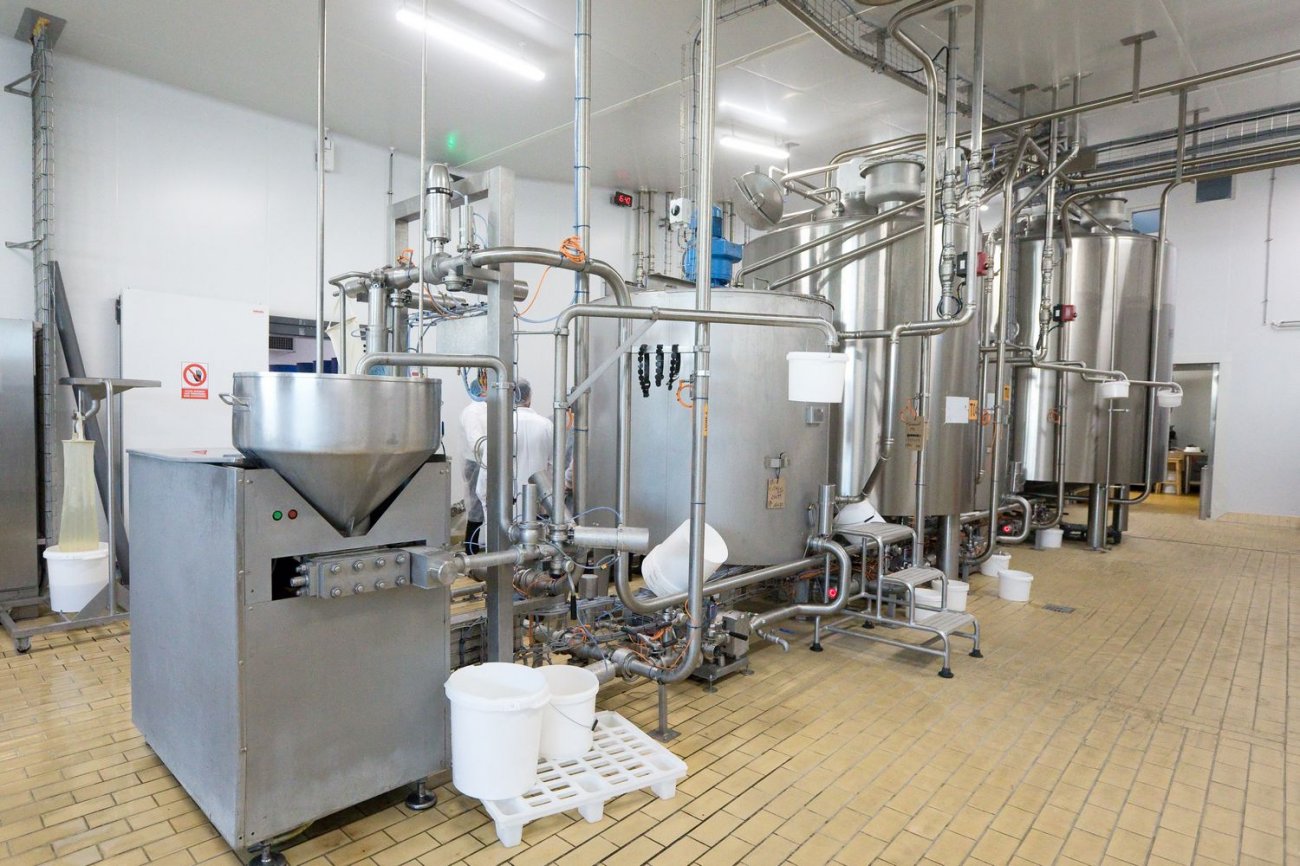
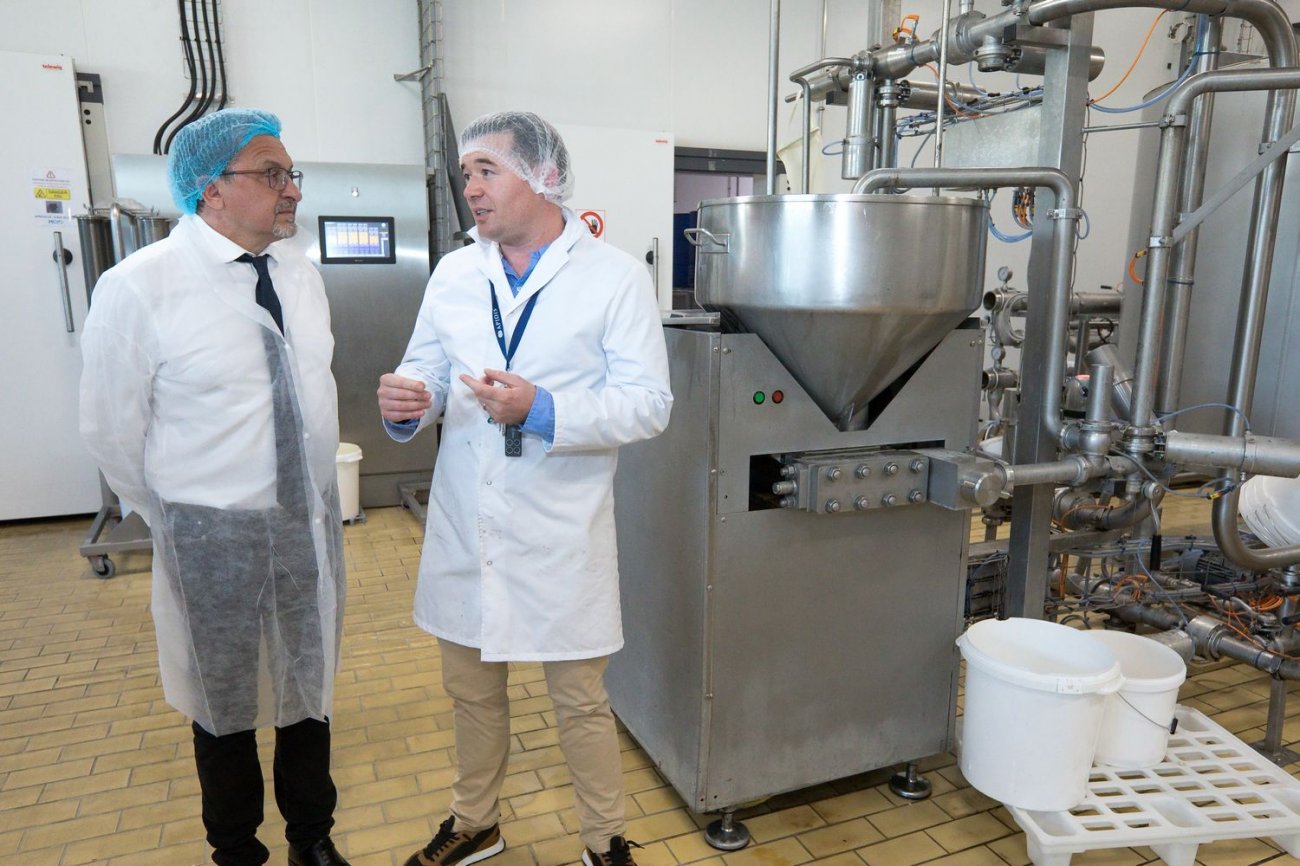
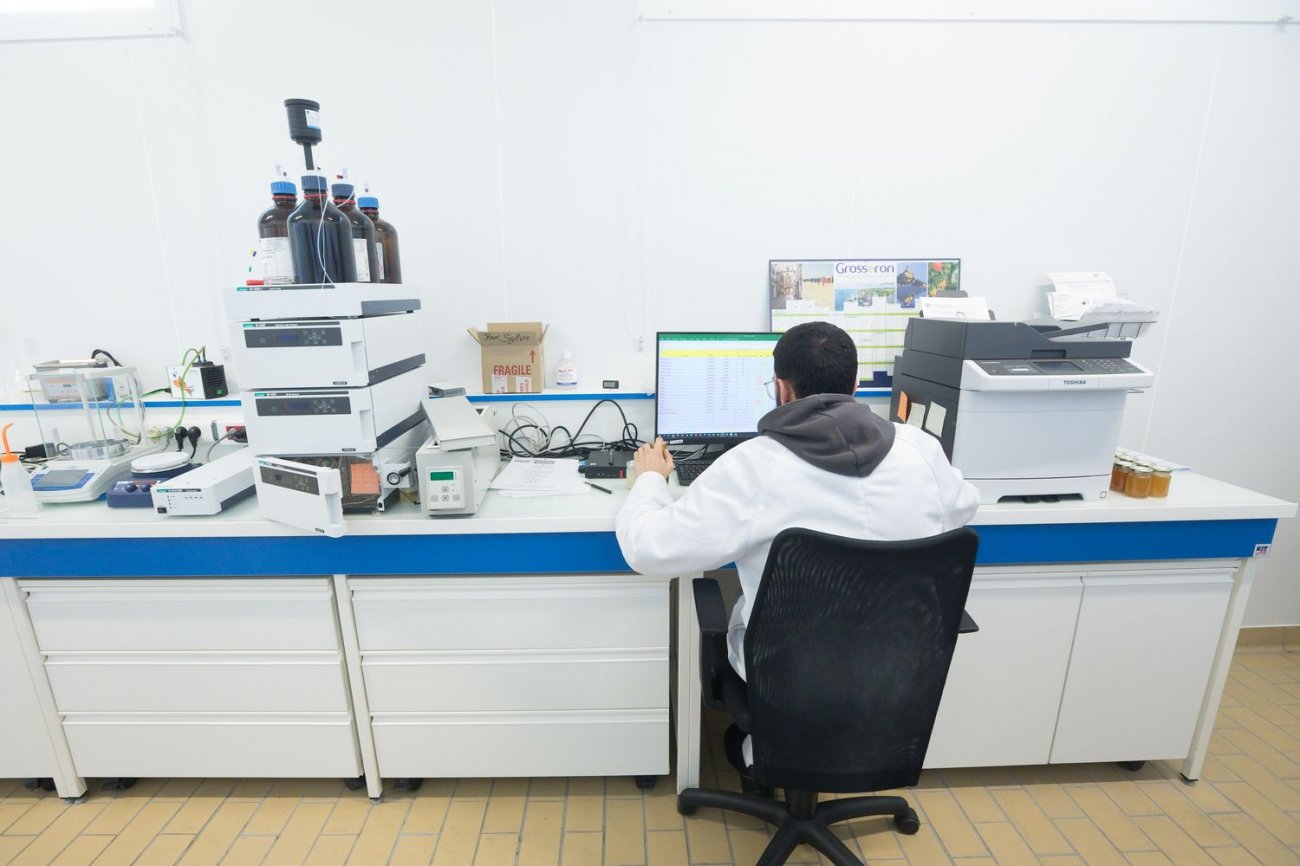
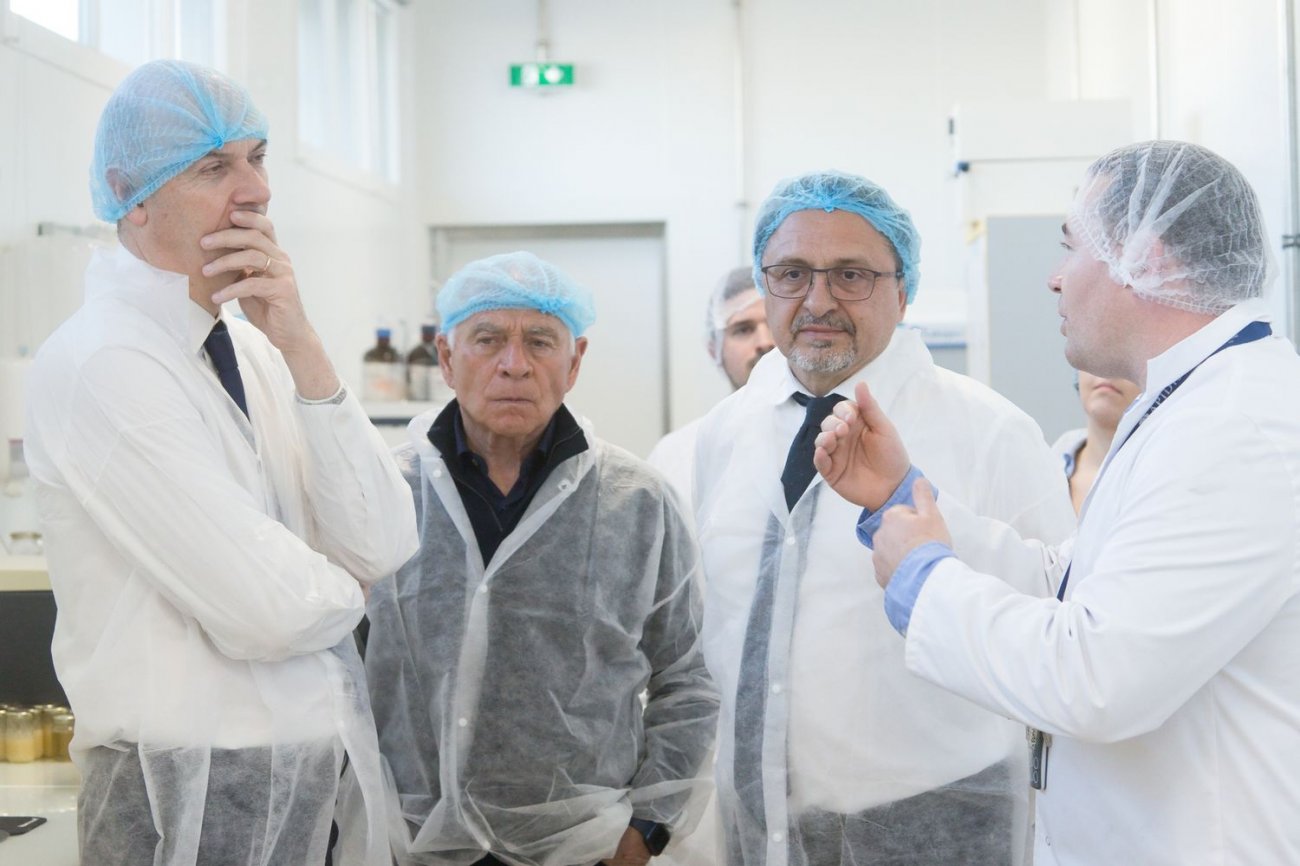
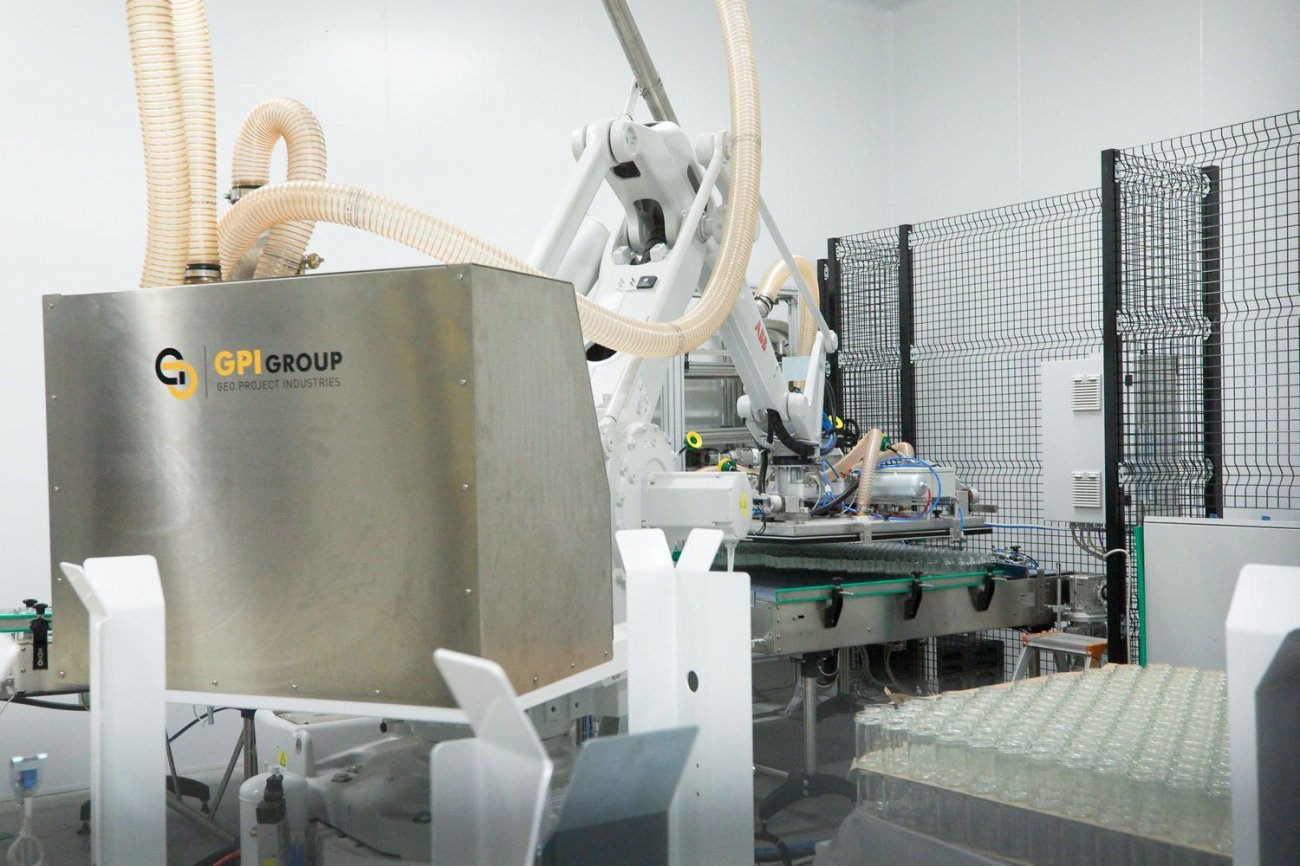
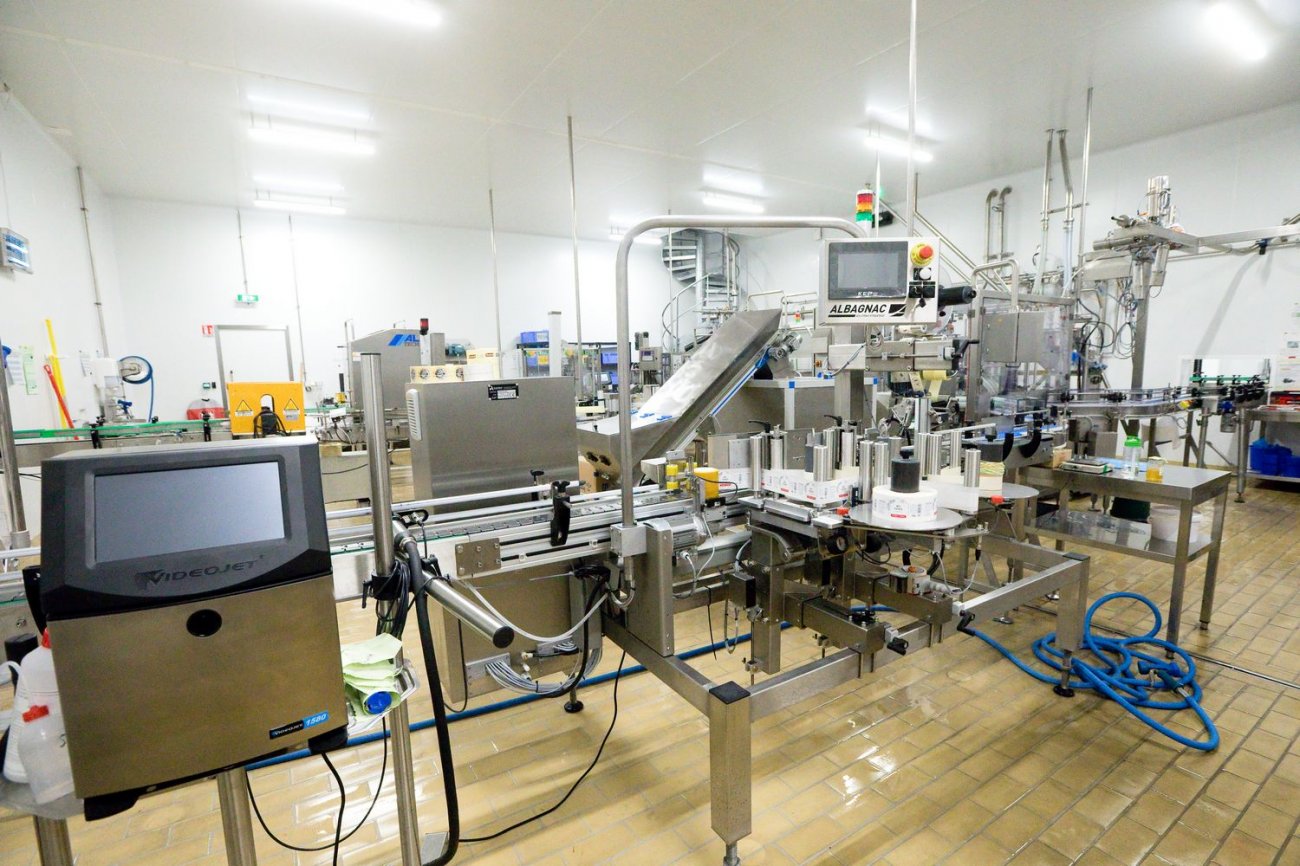
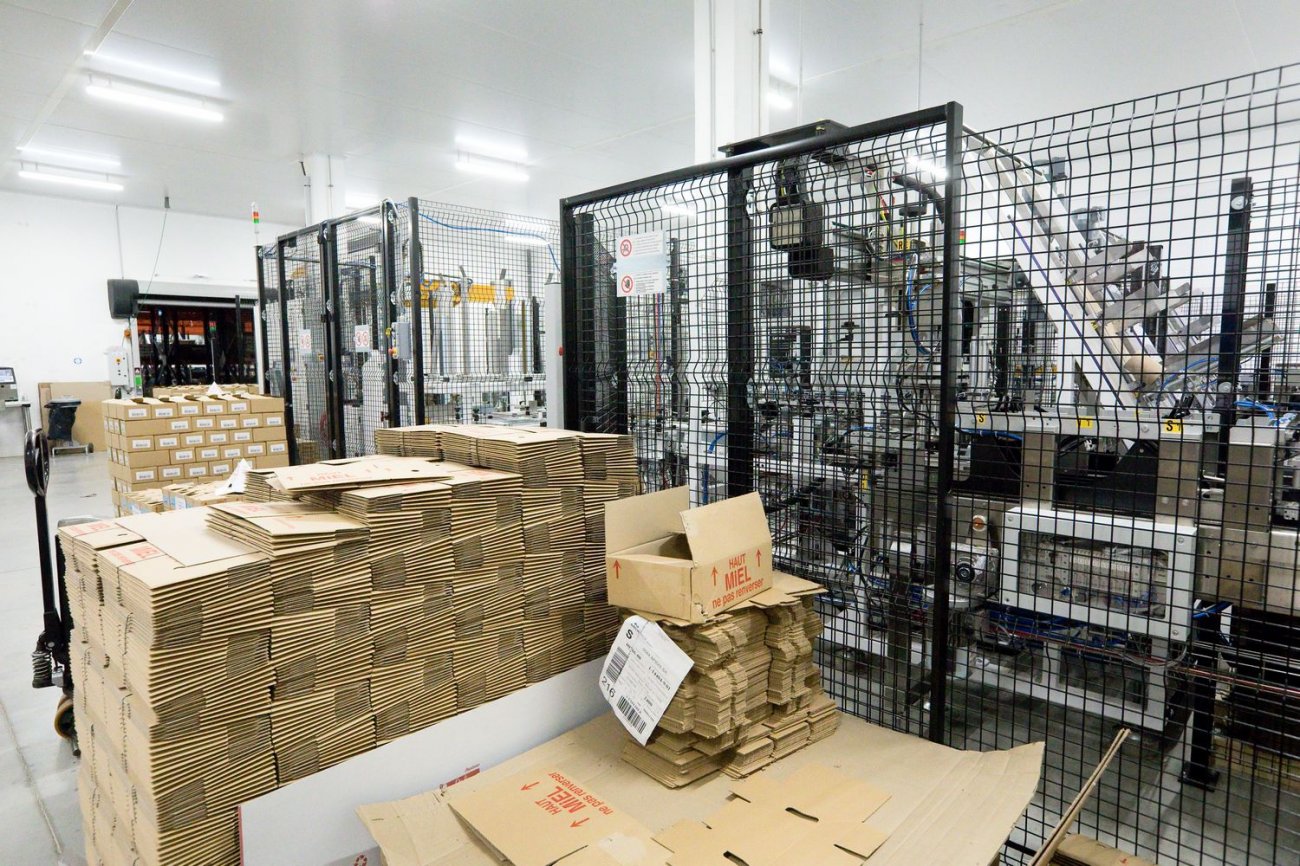
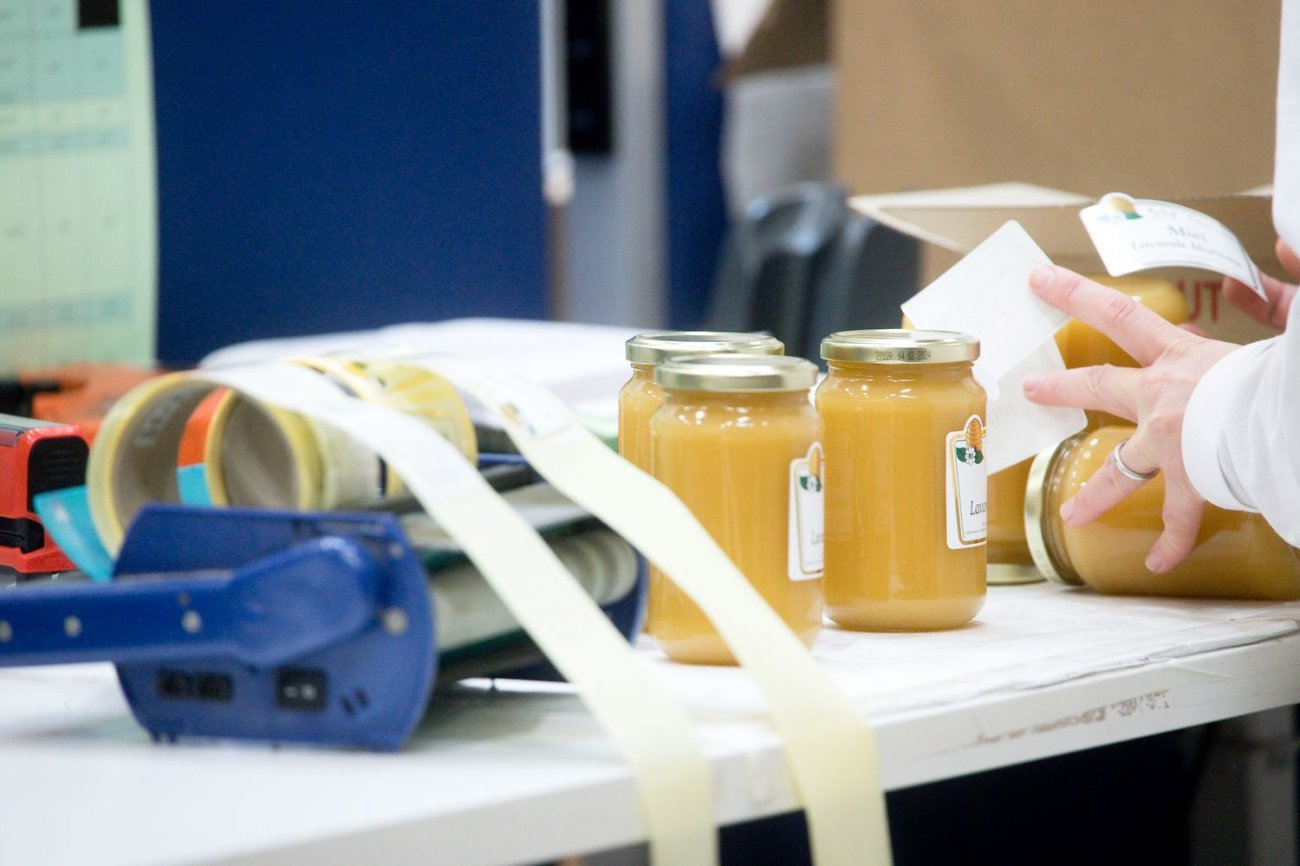
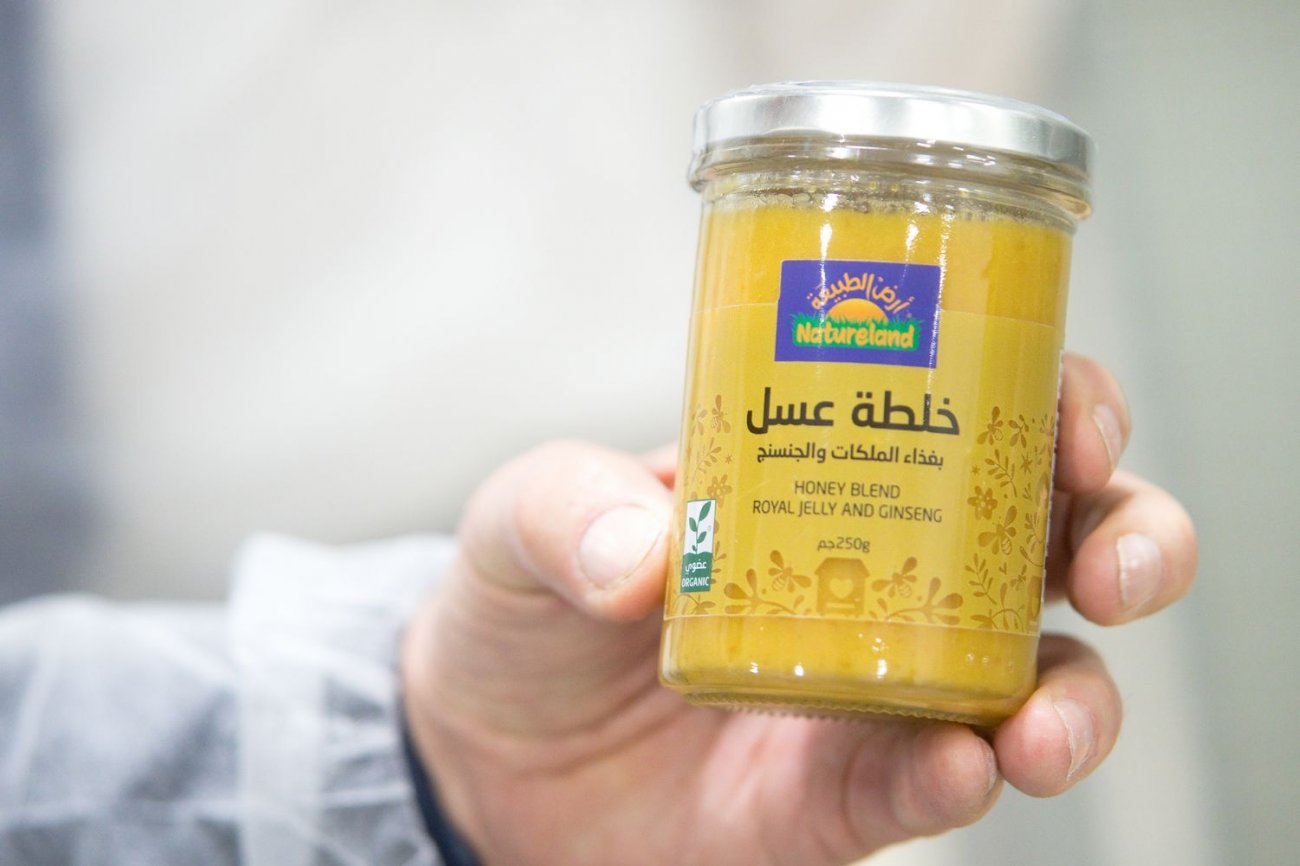
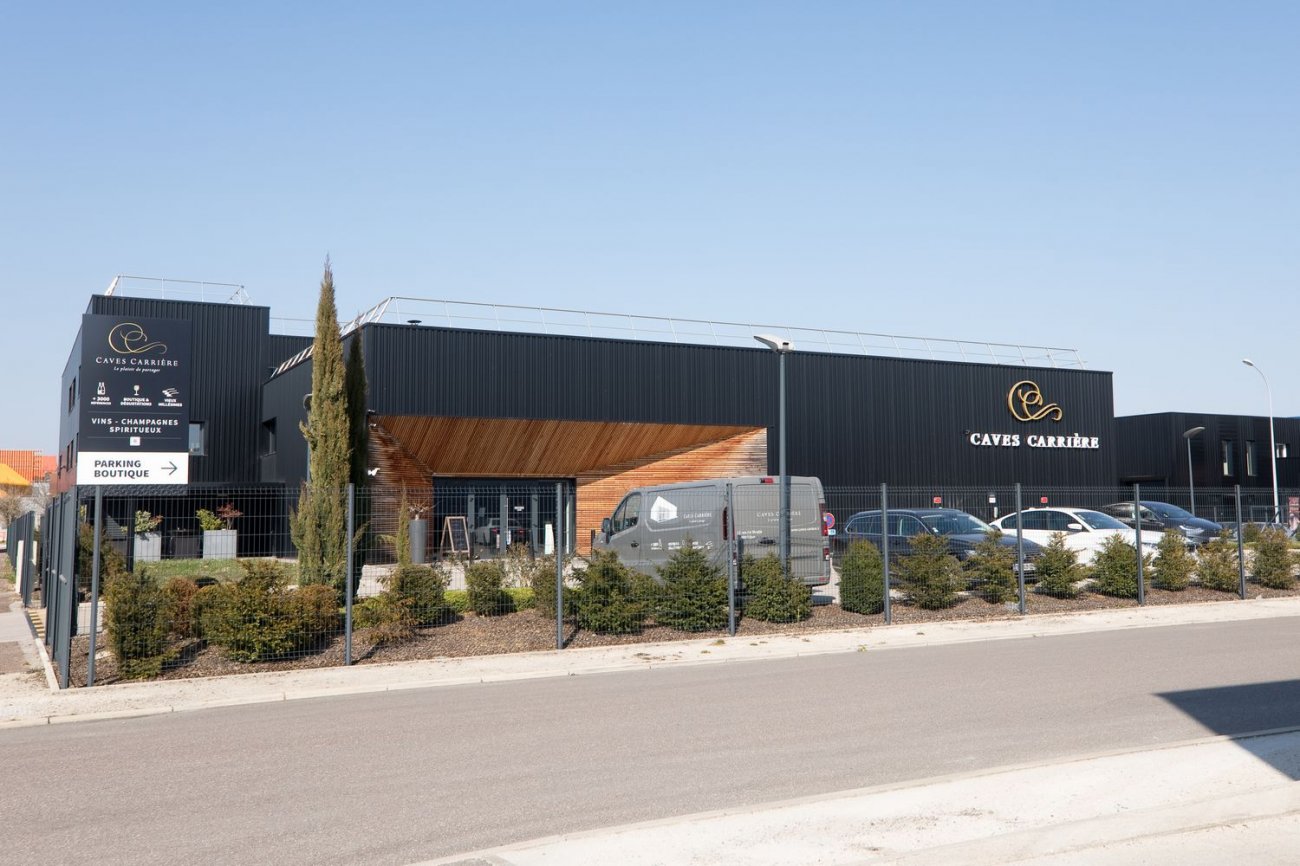
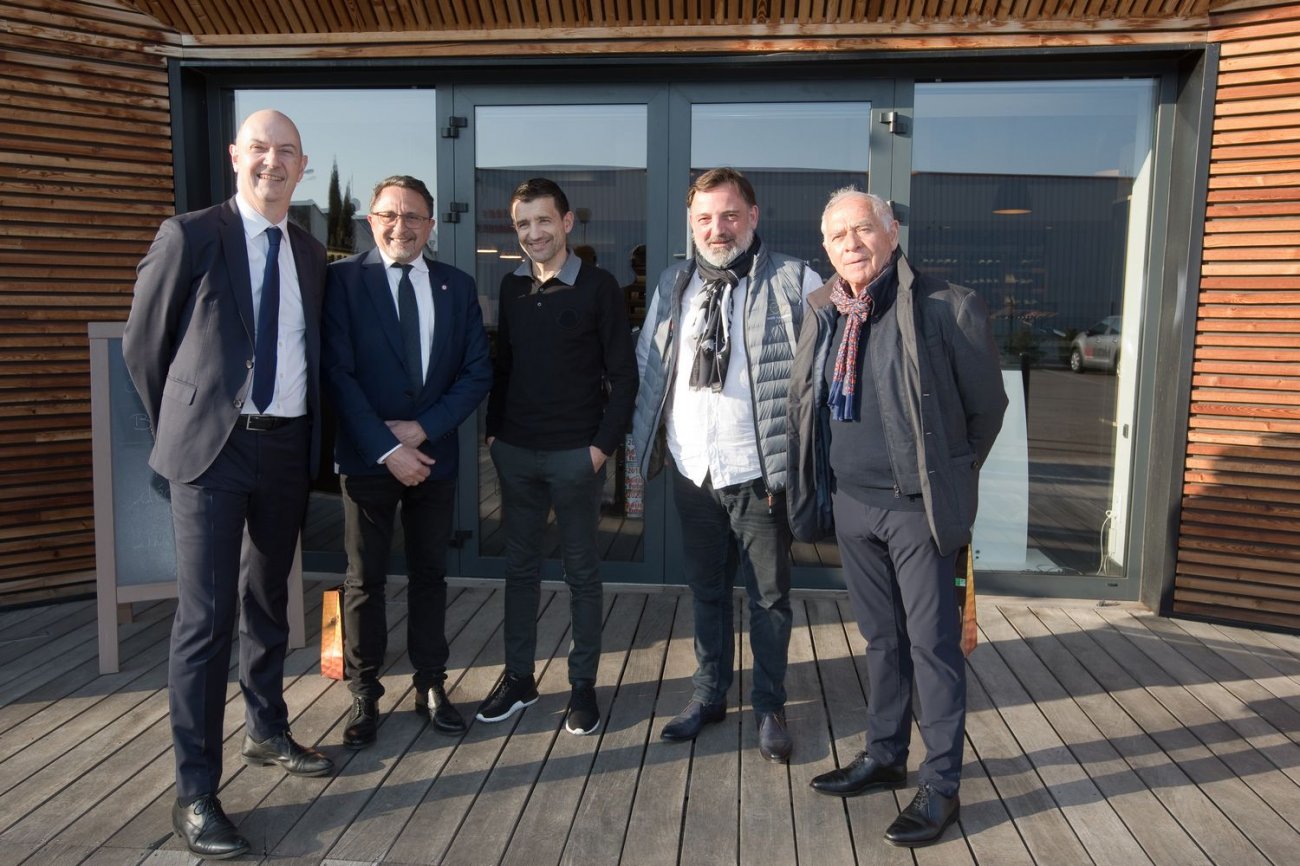
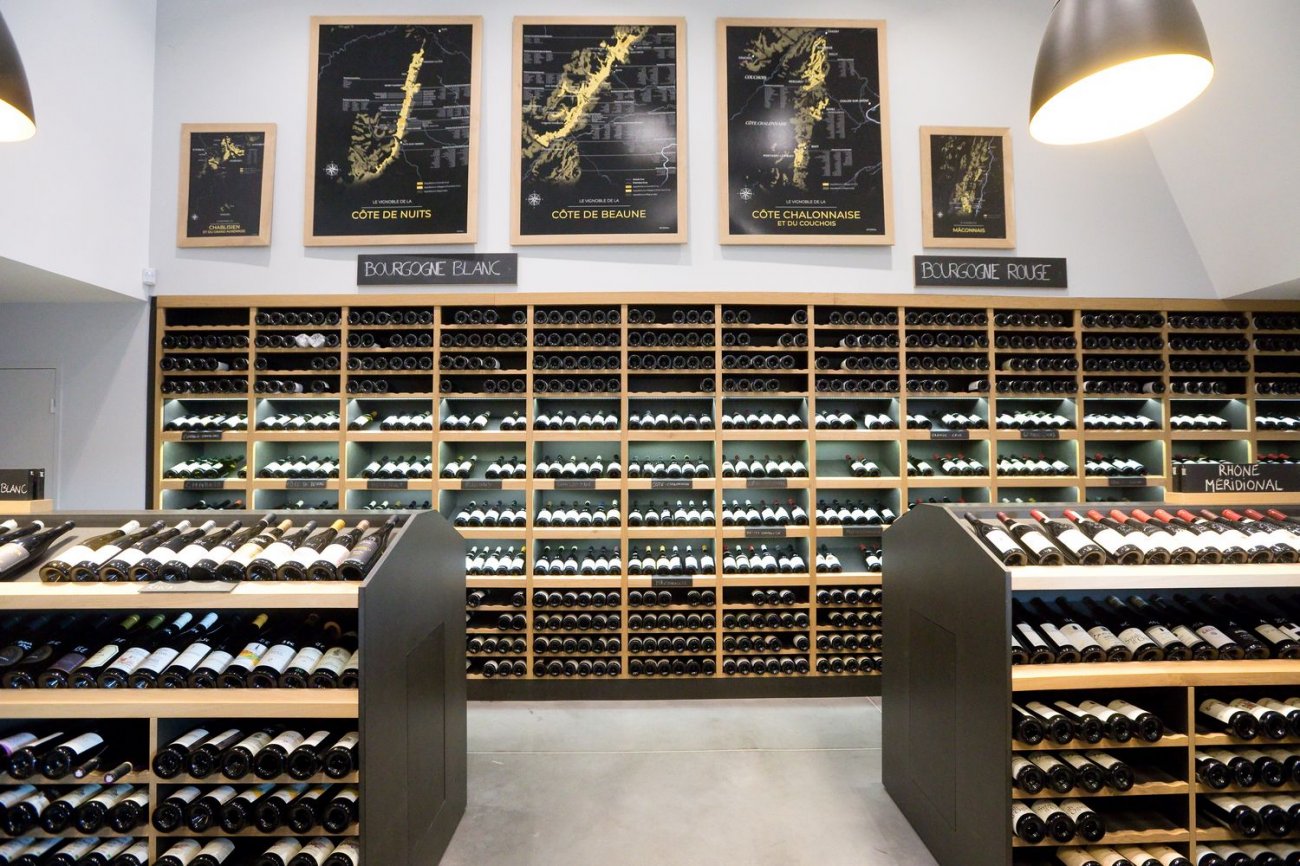
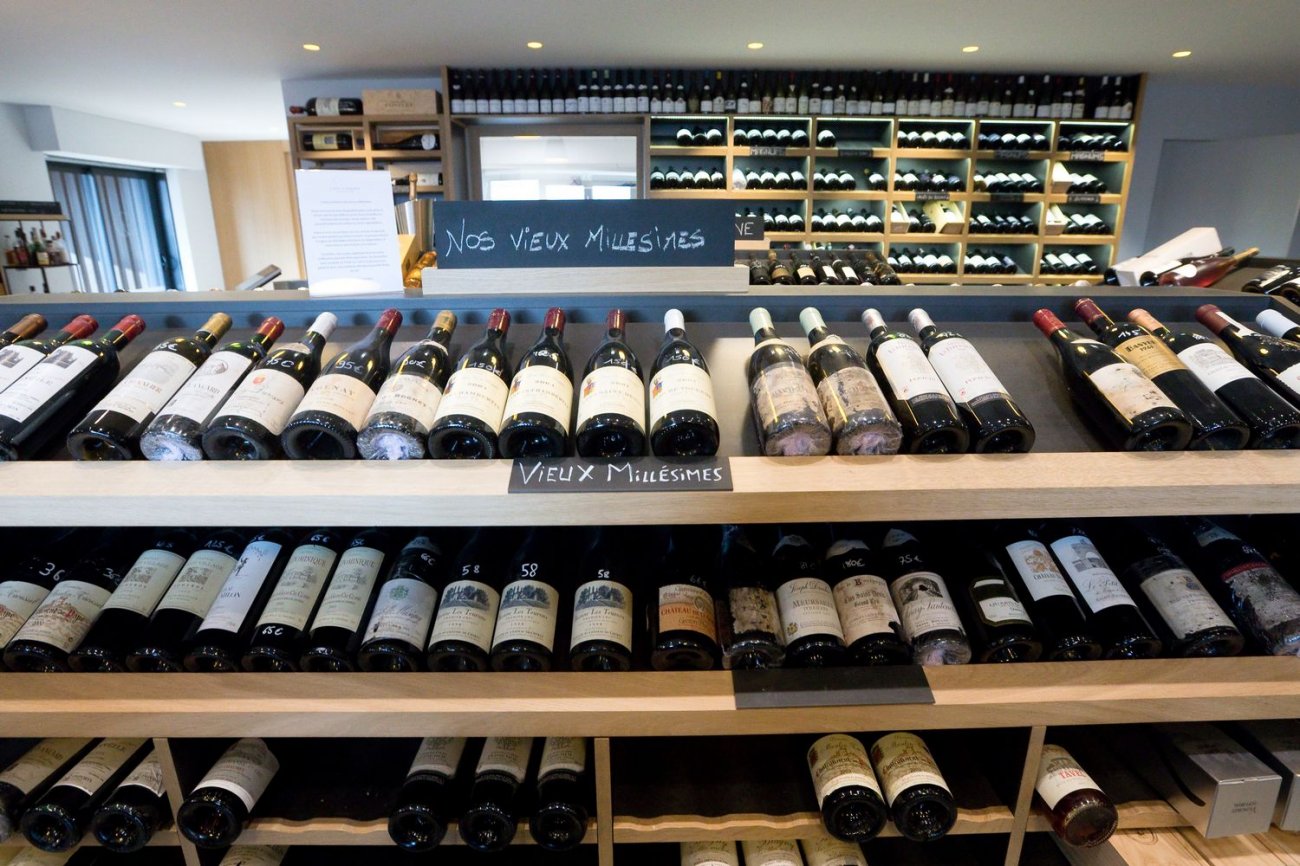
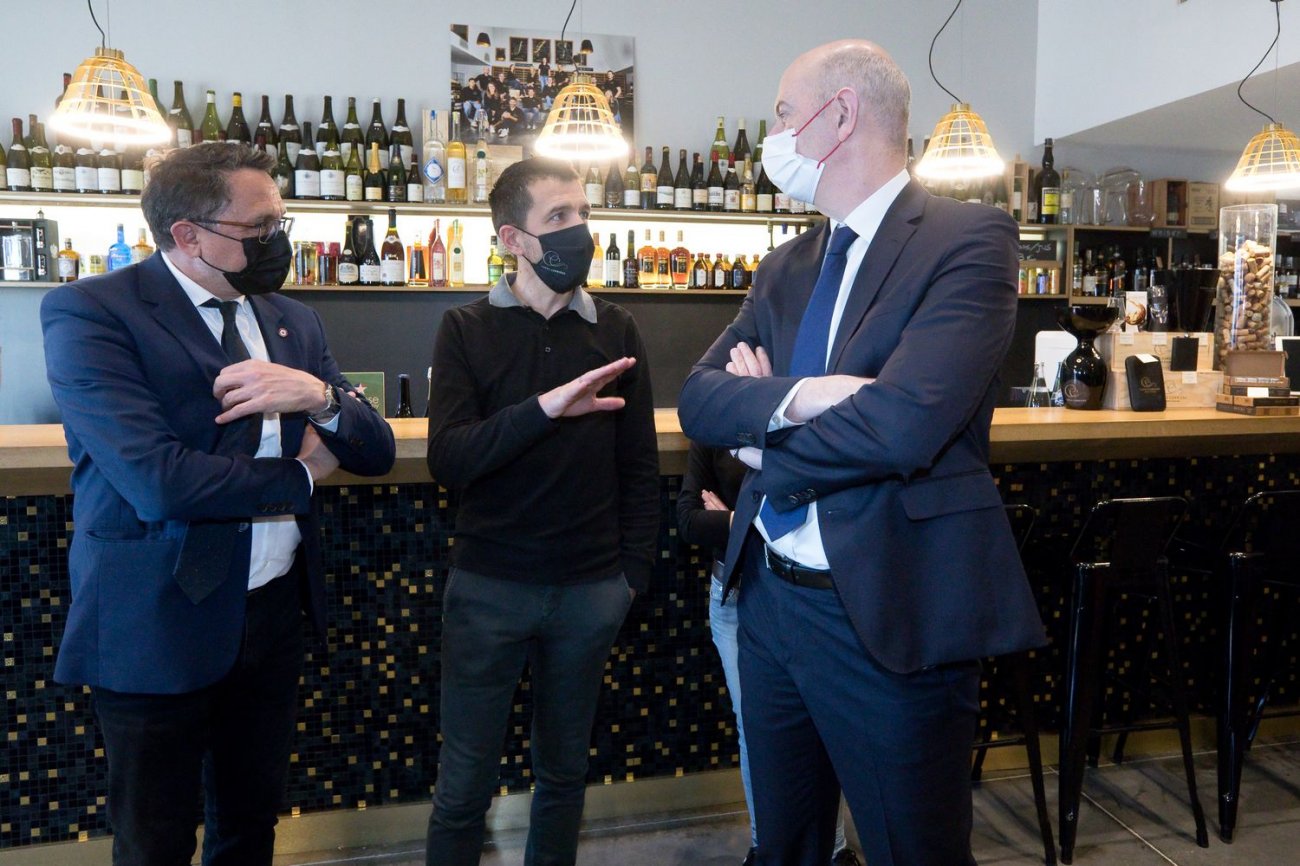
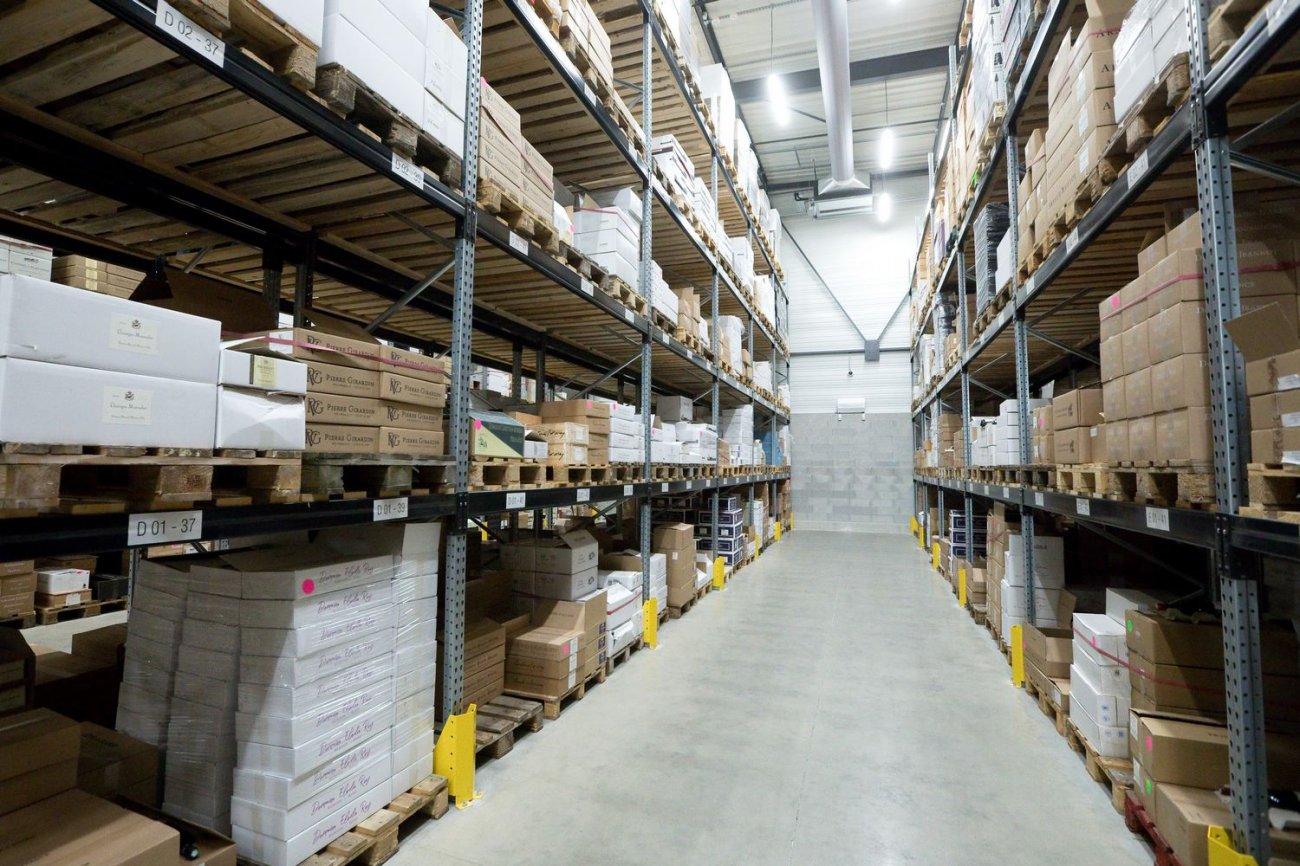
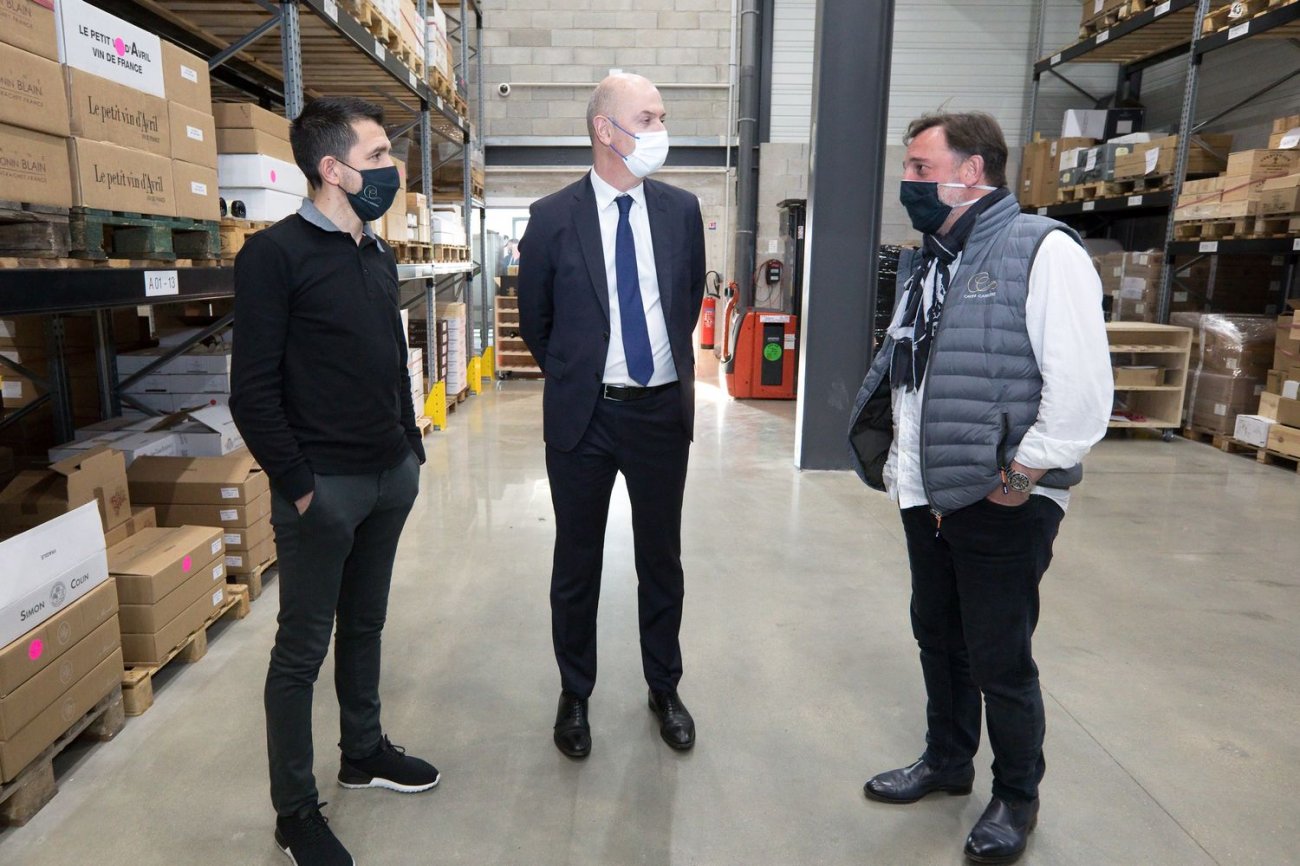
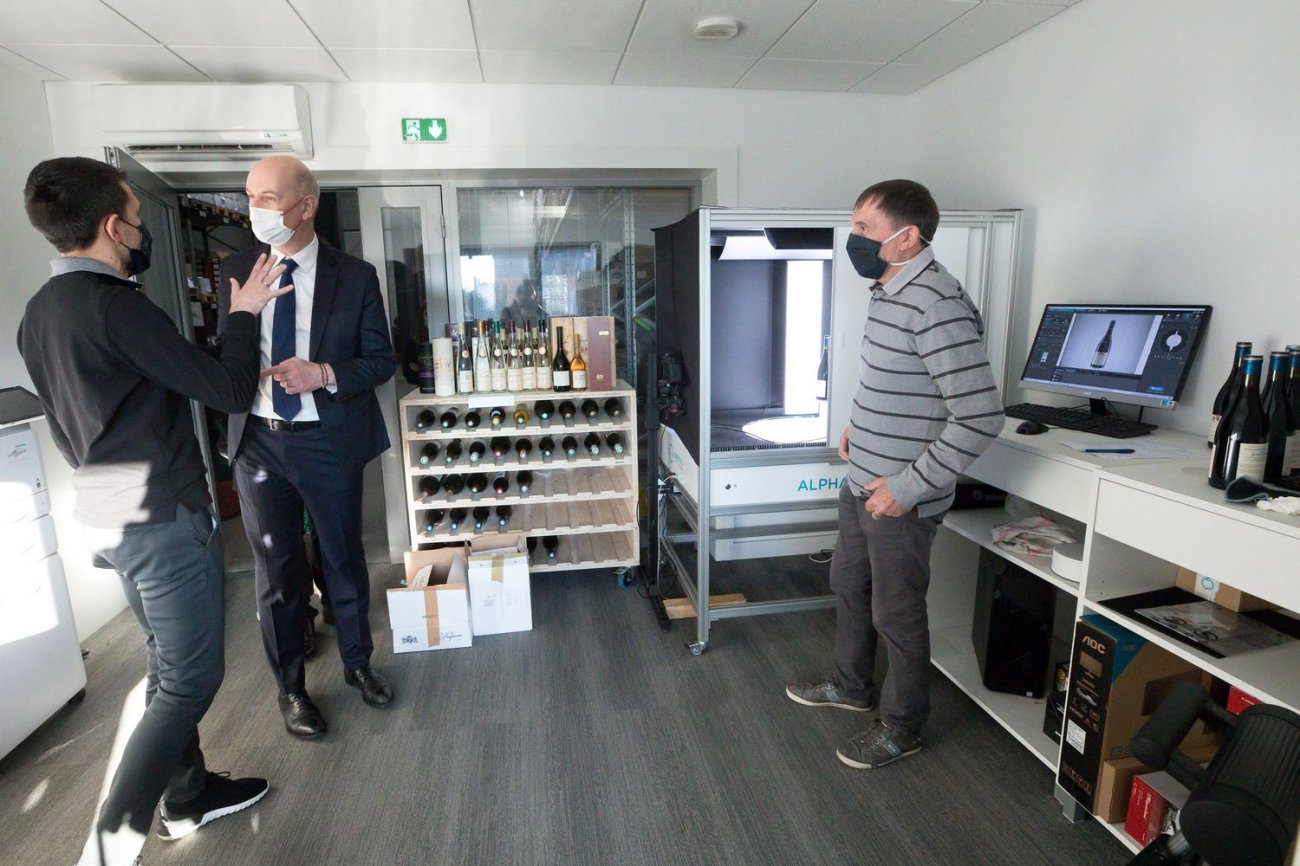
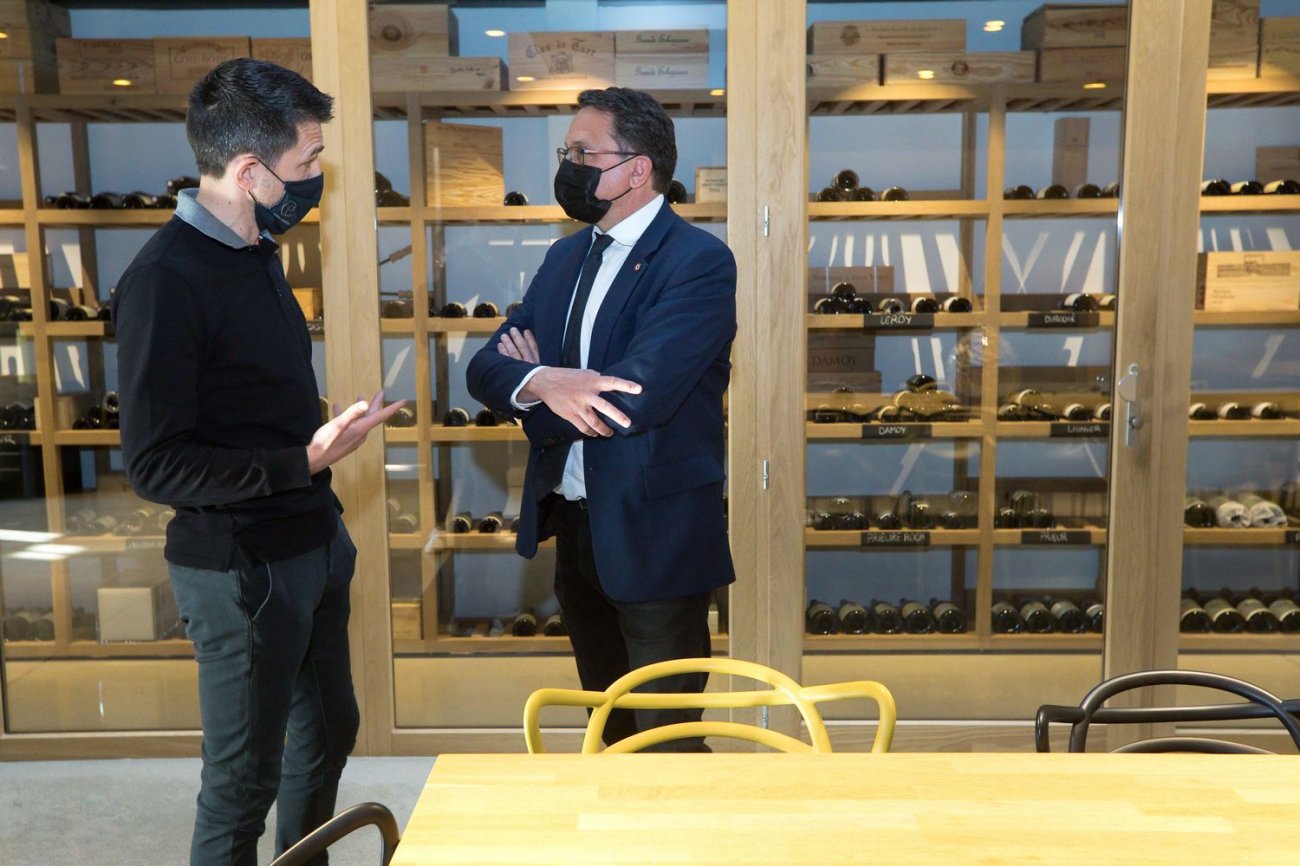
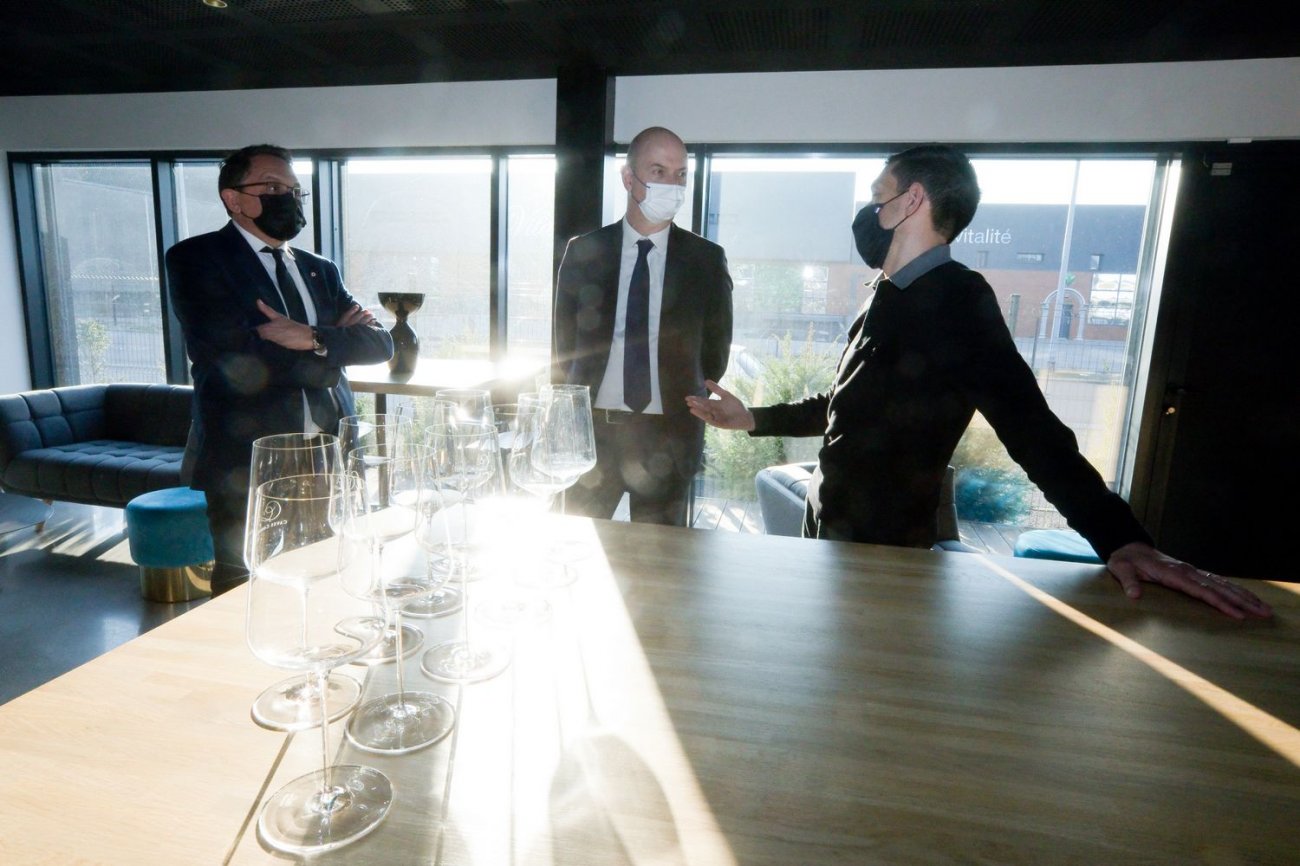
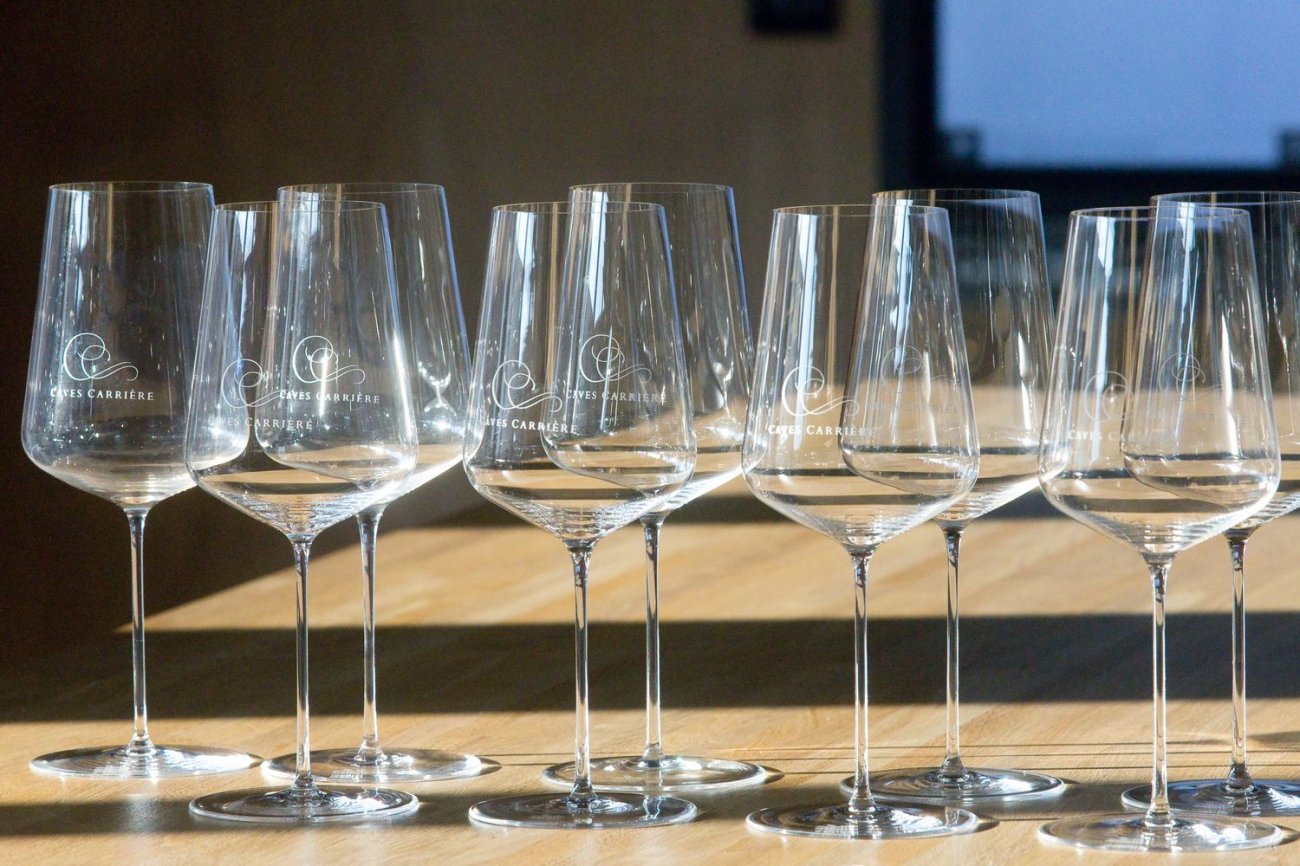
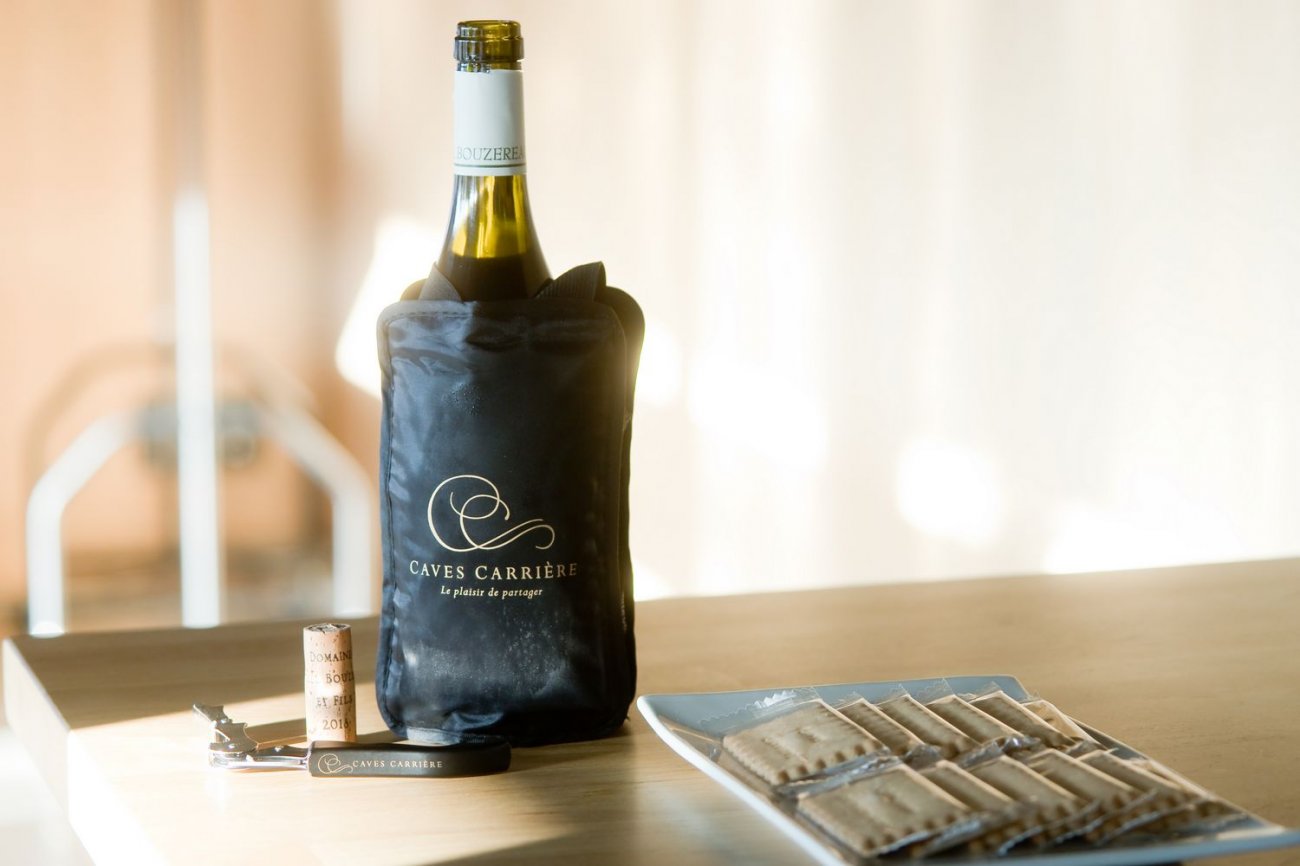
–


